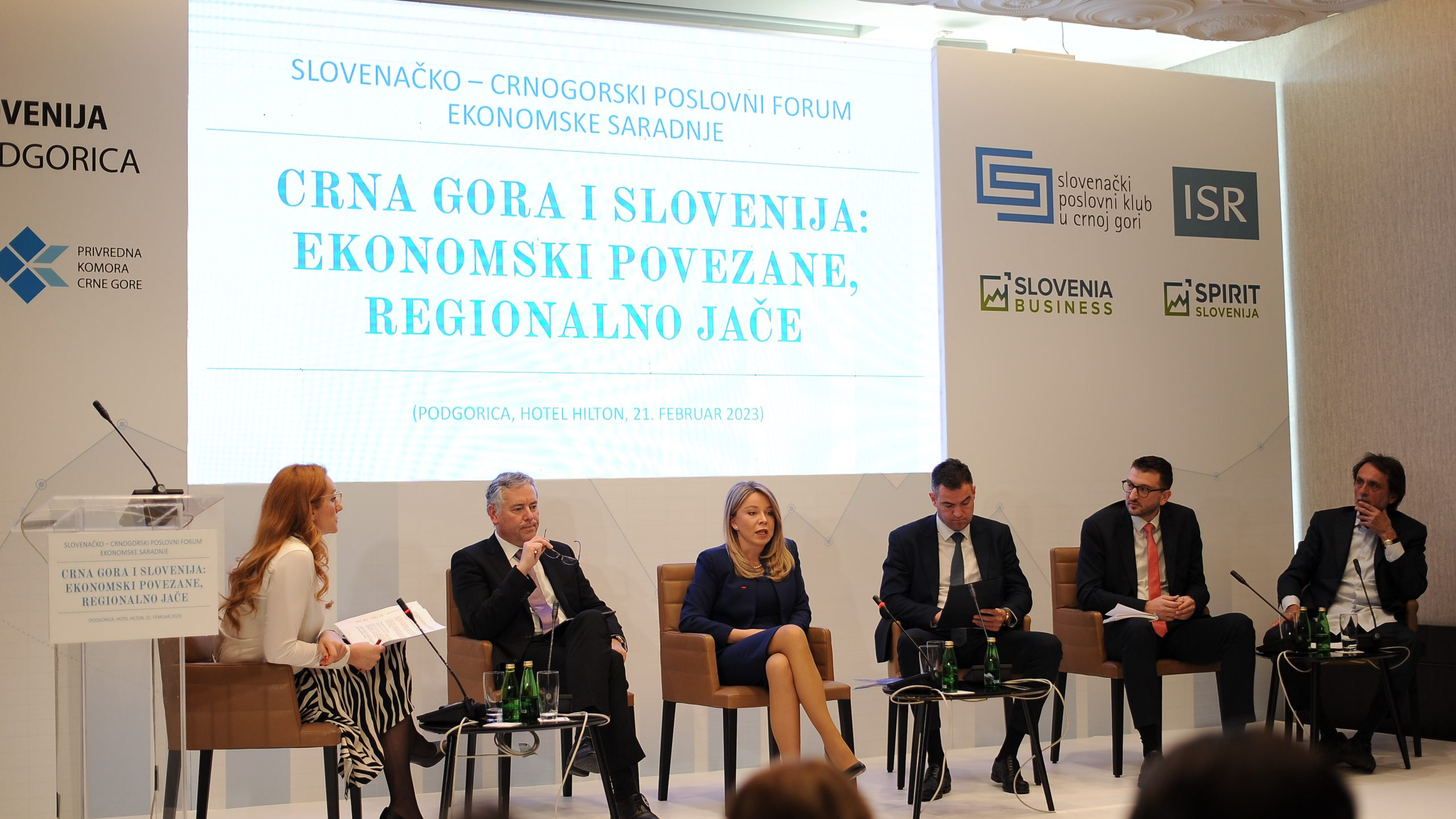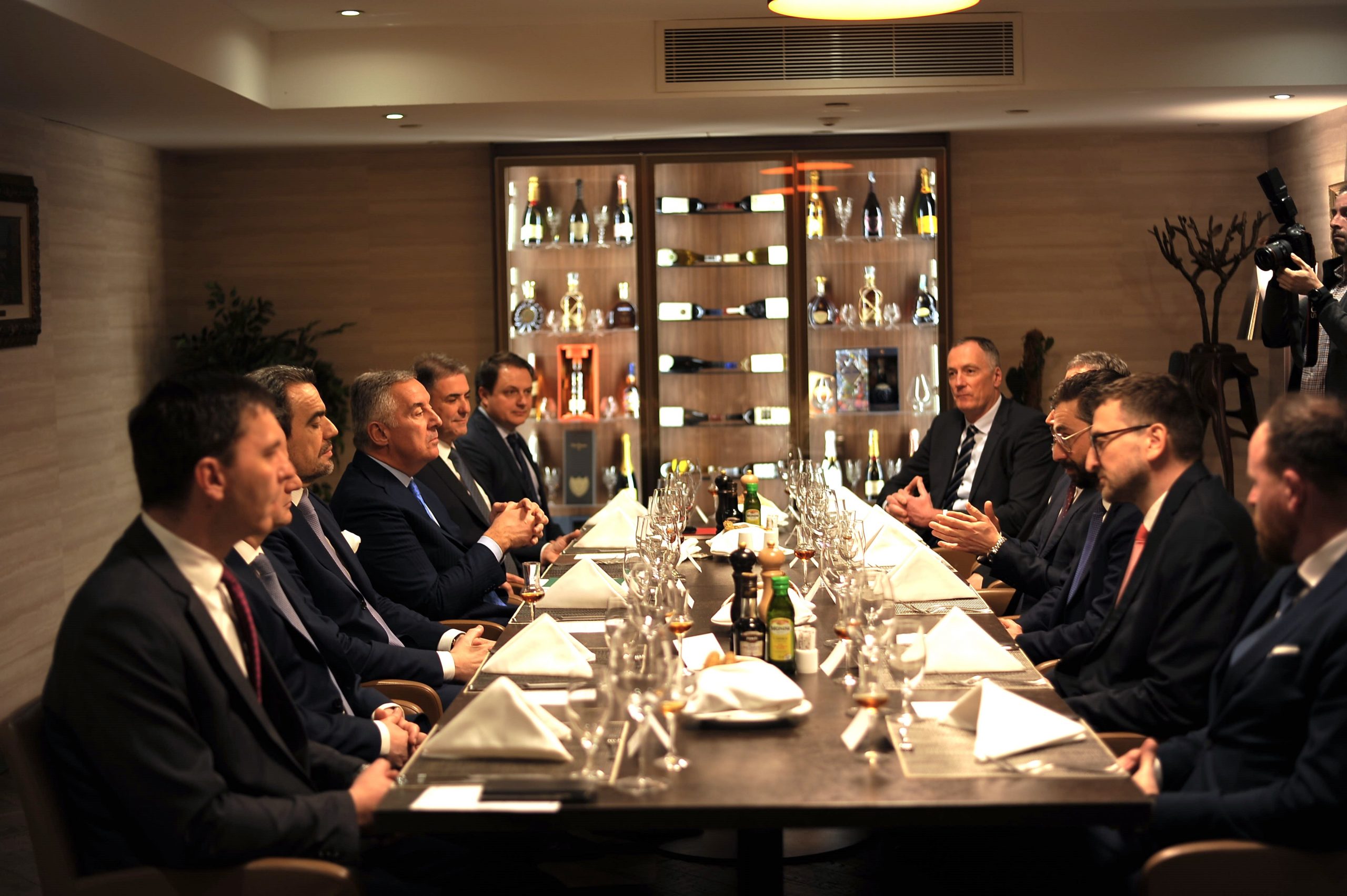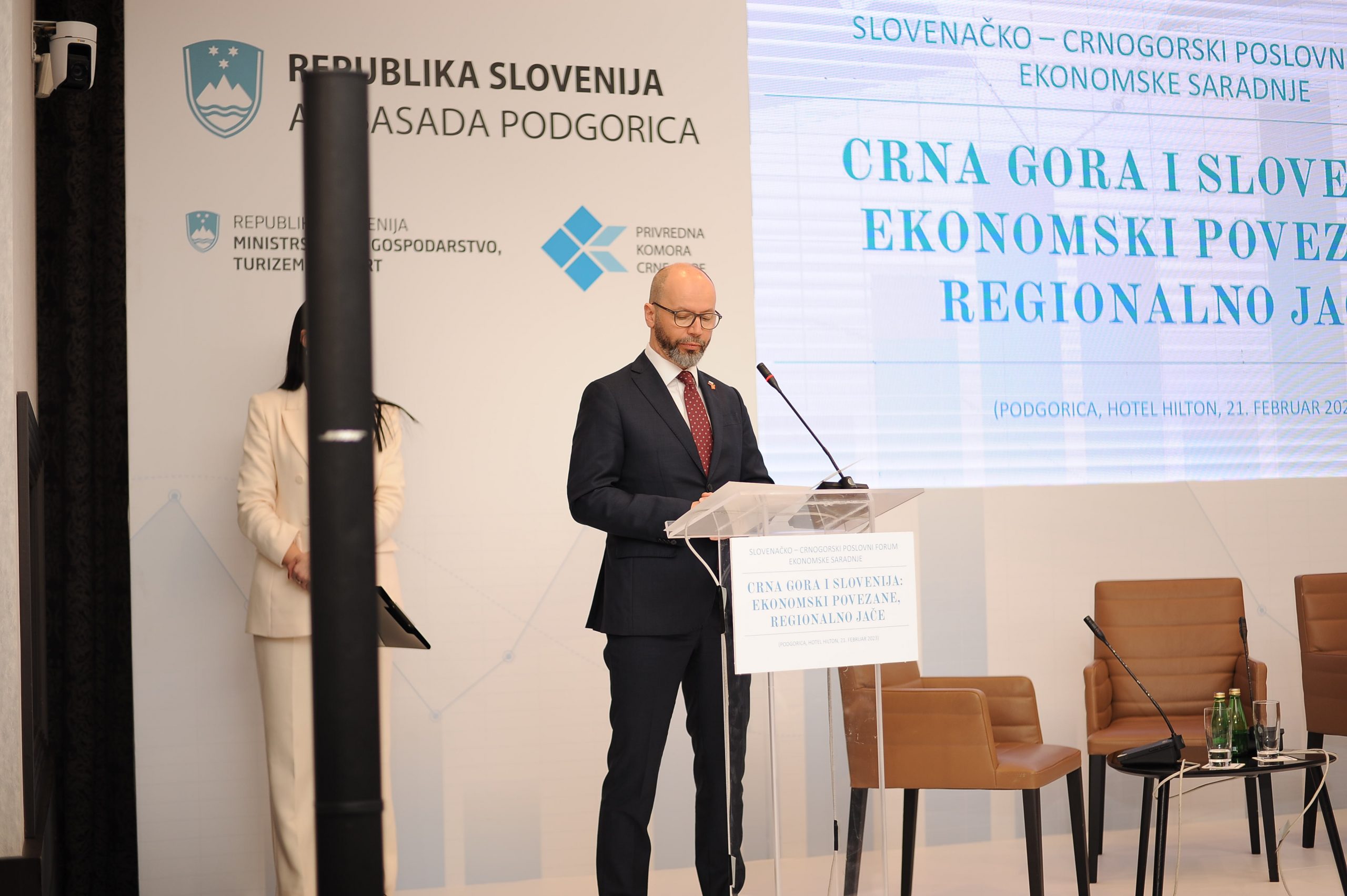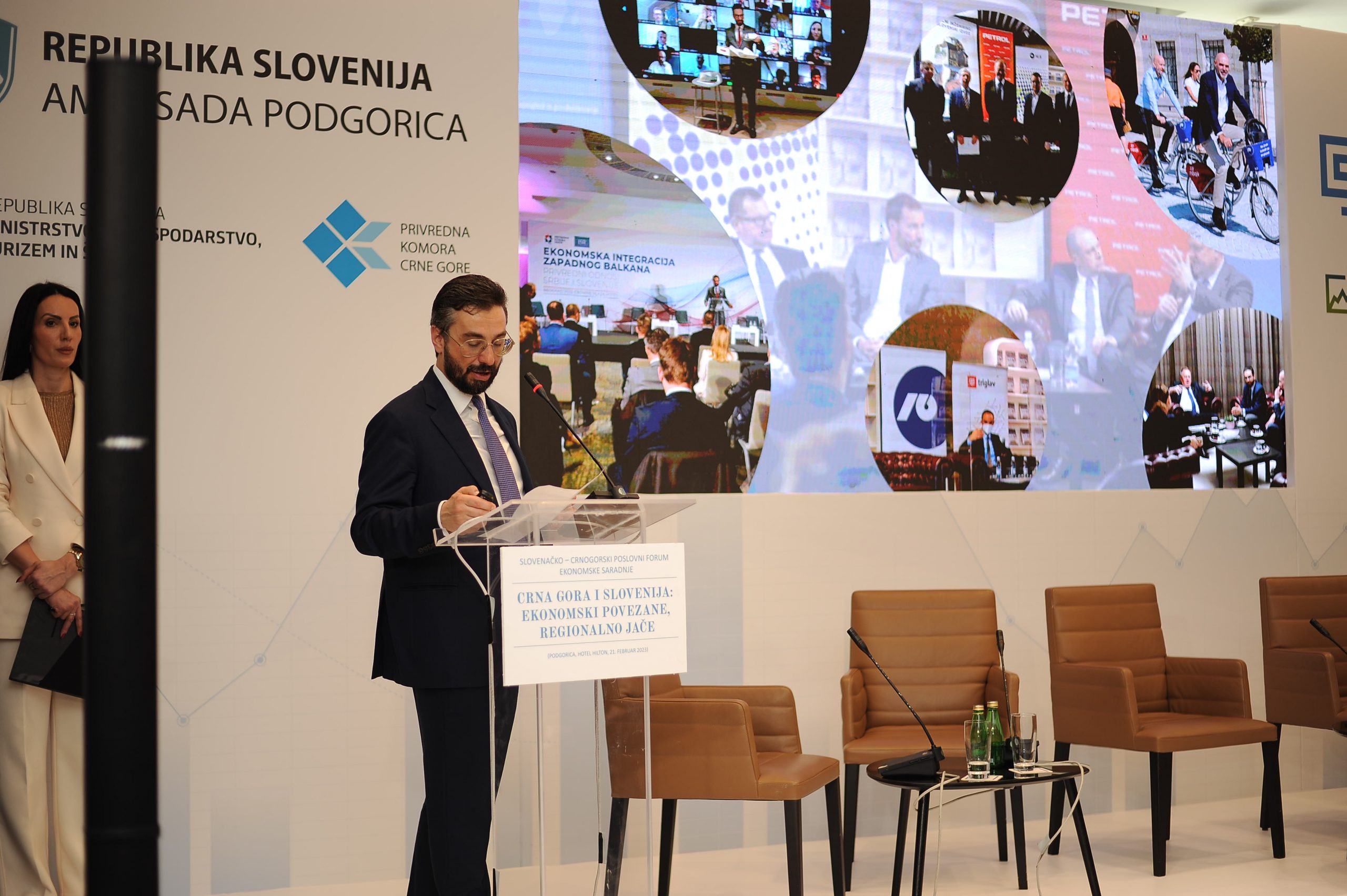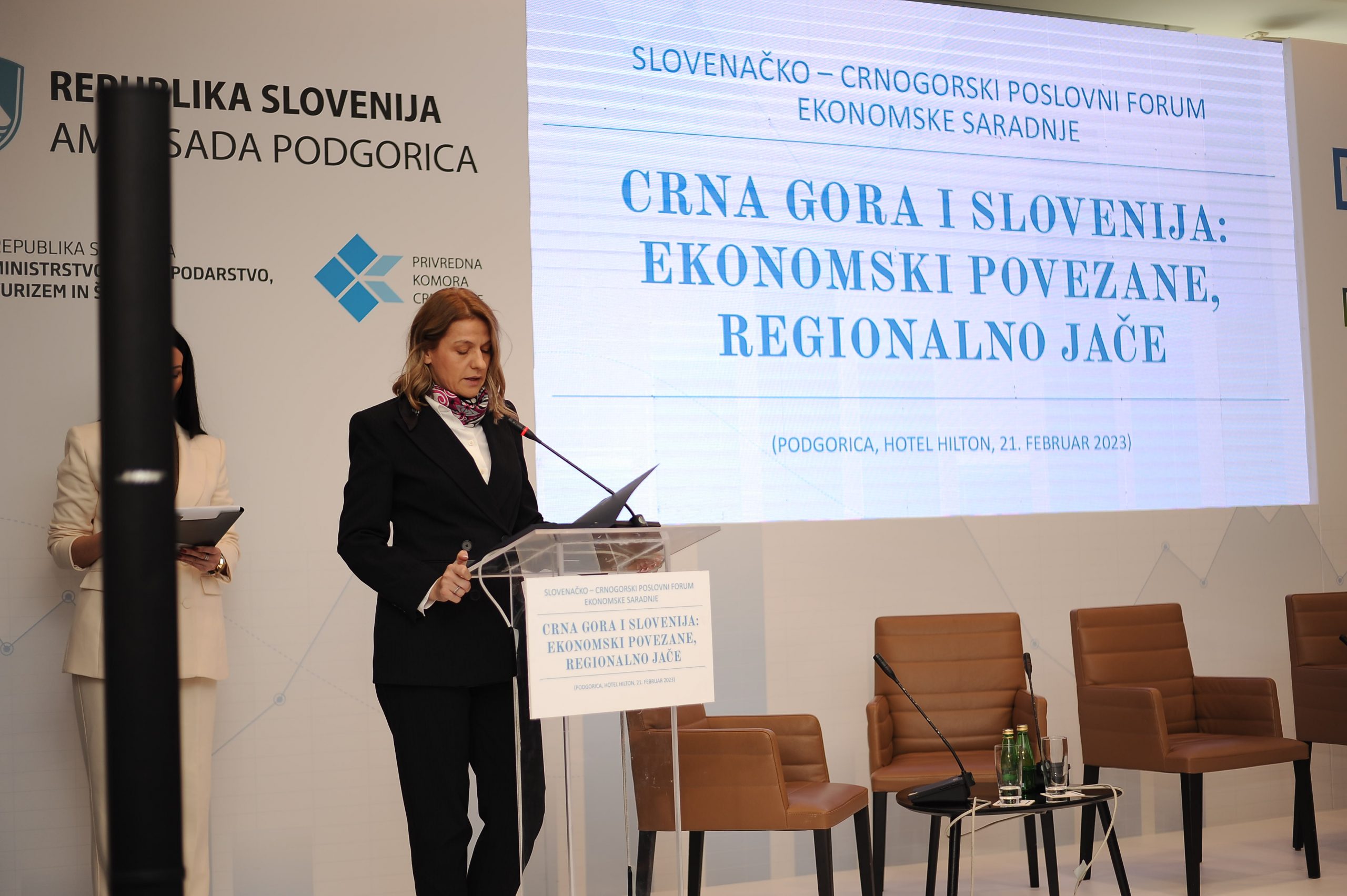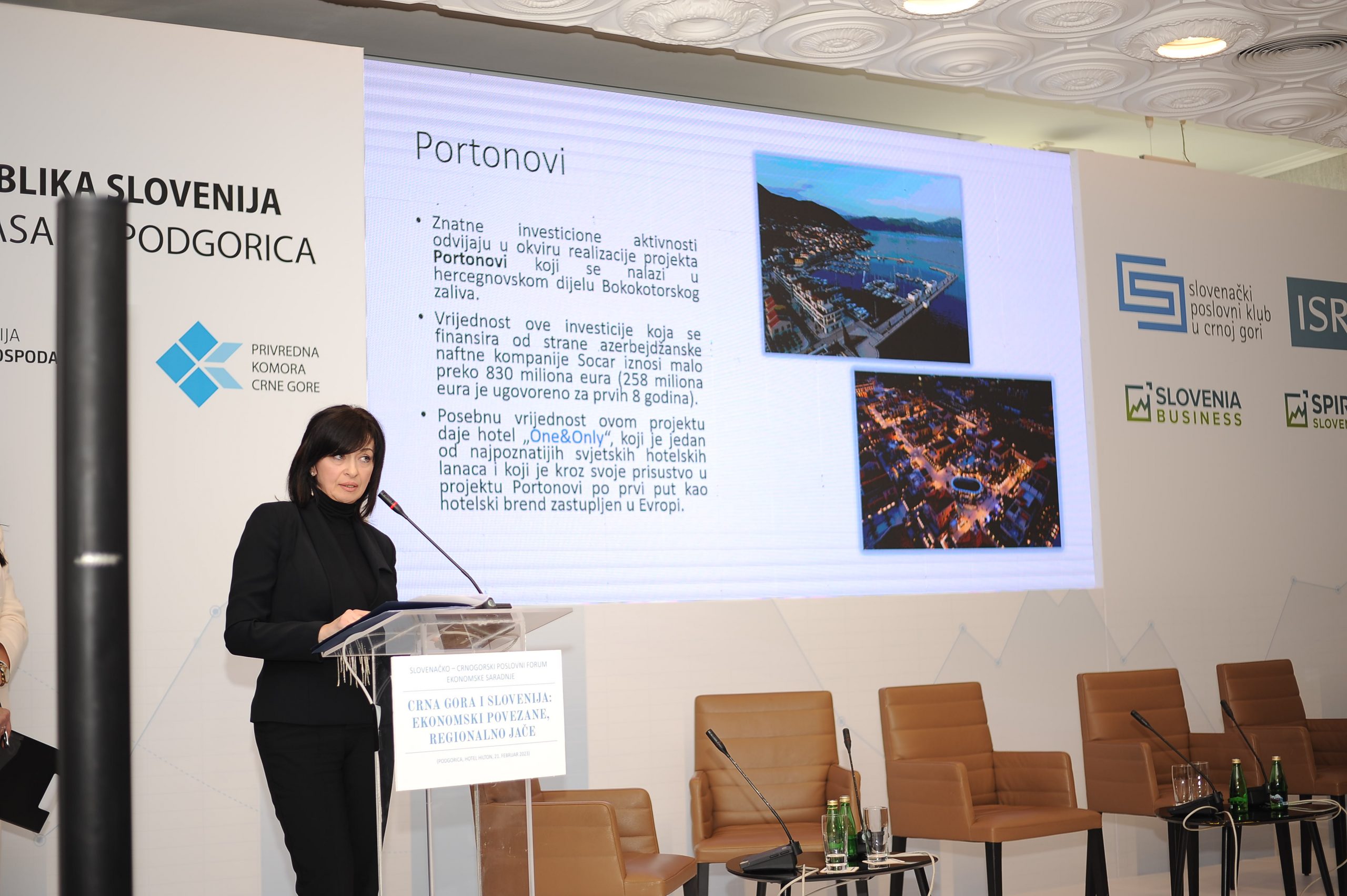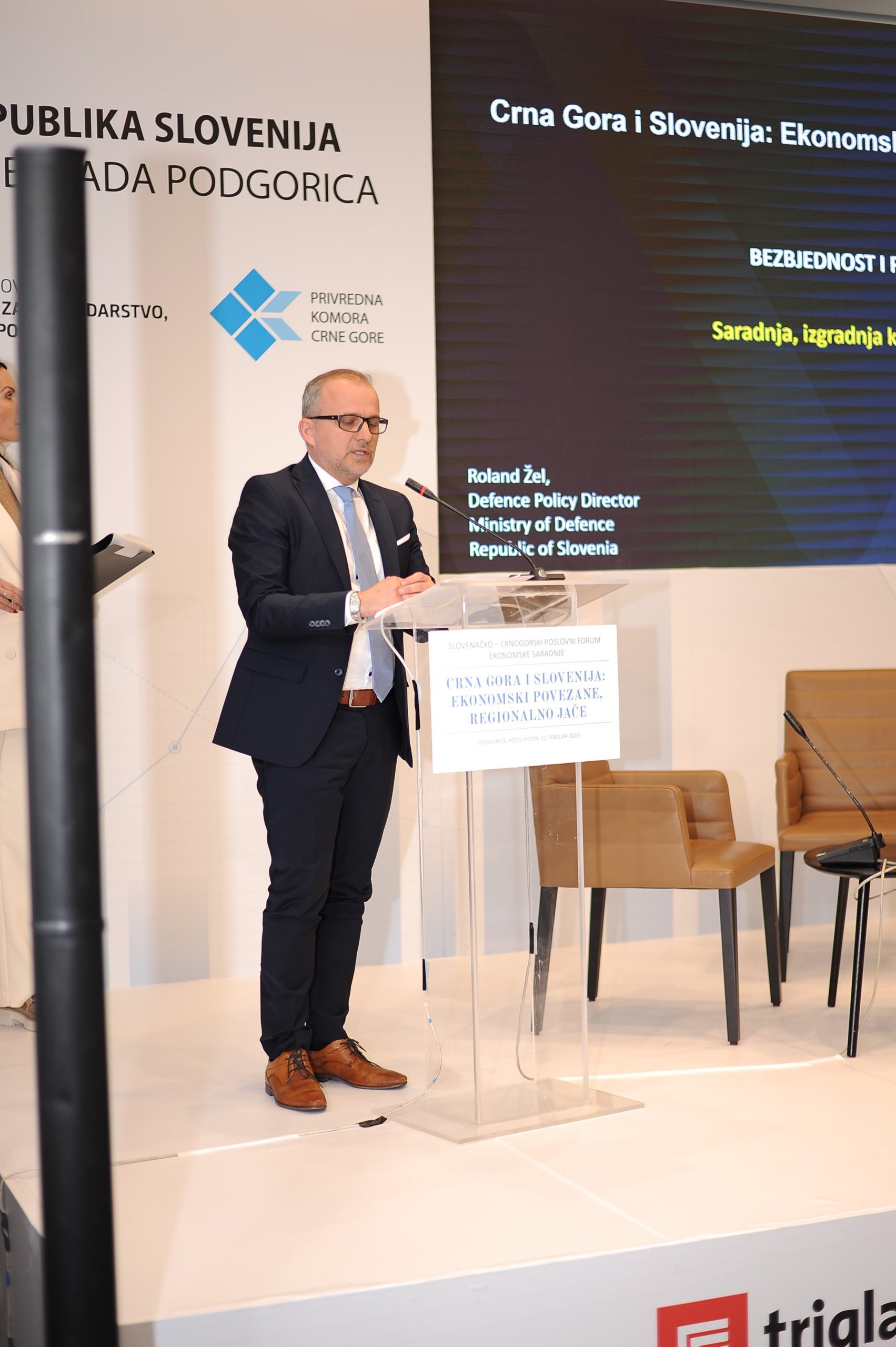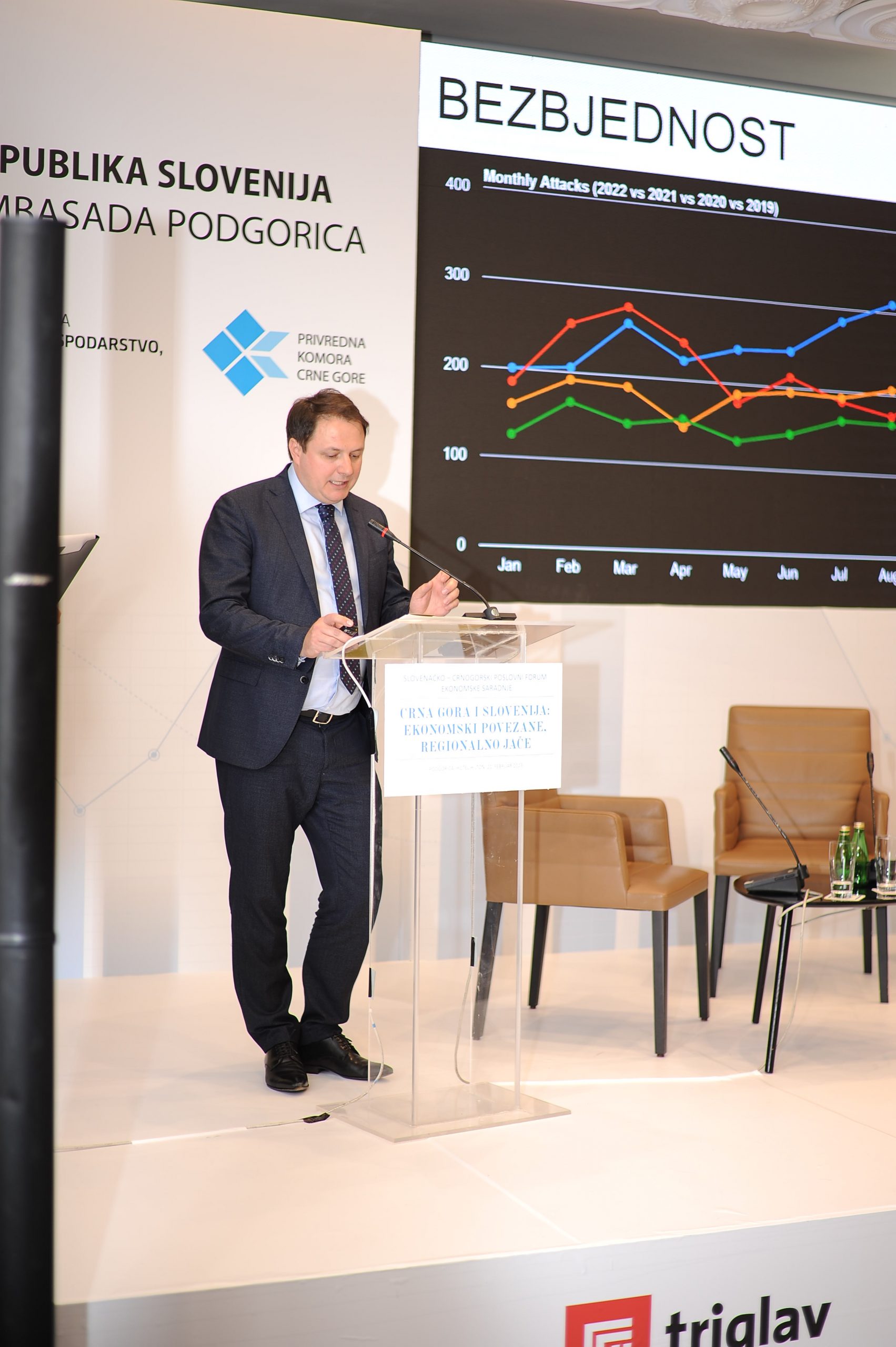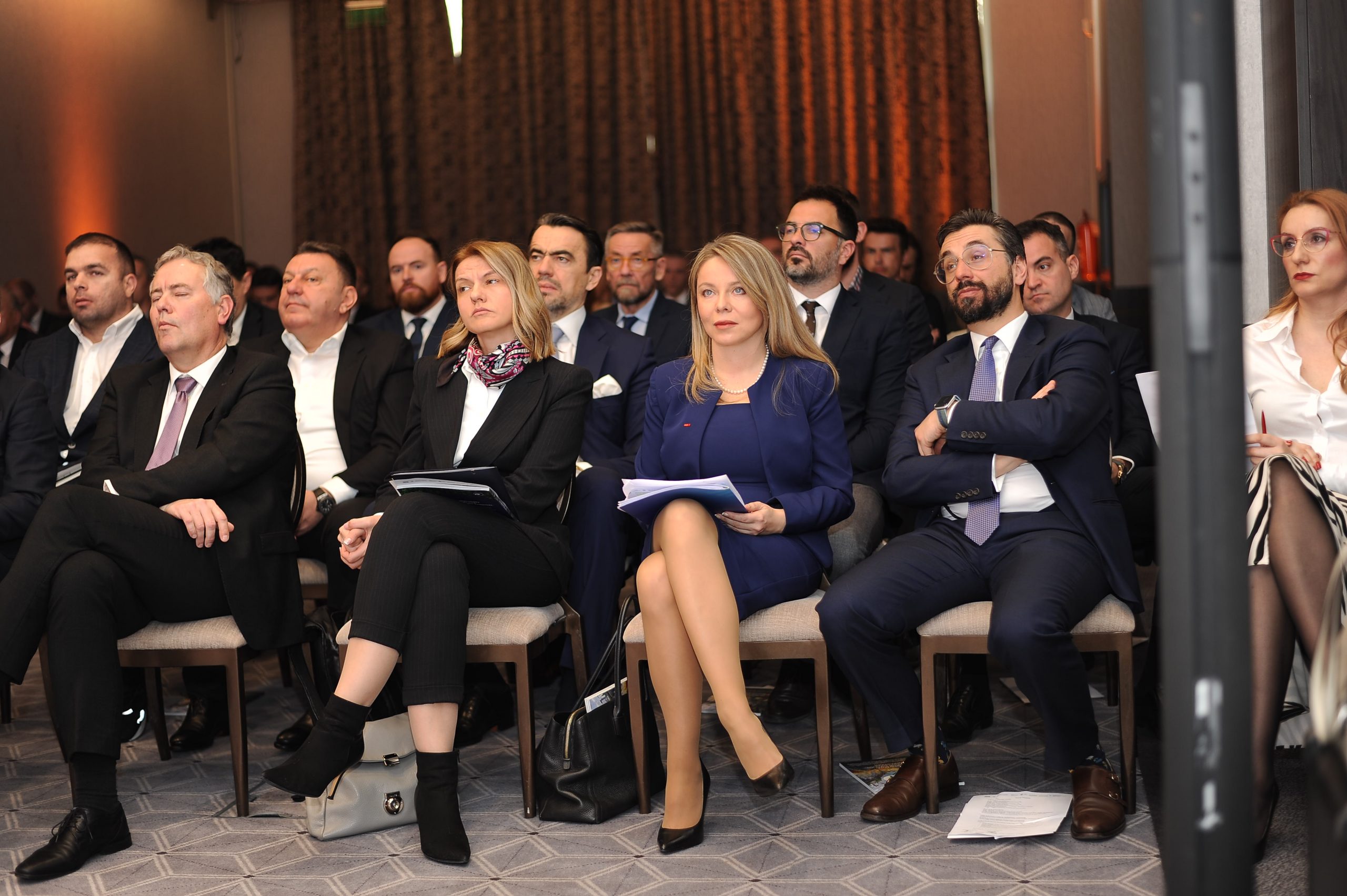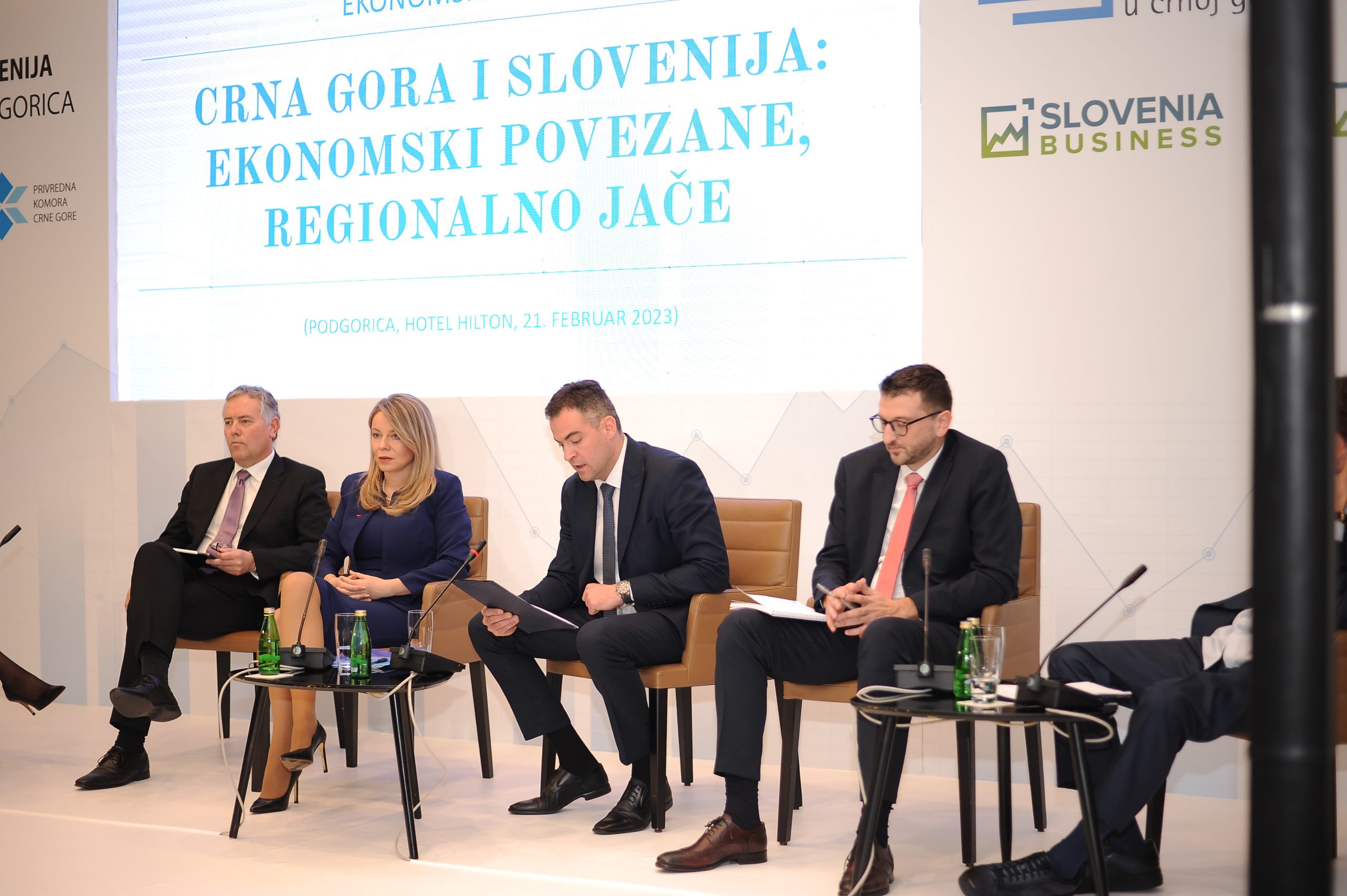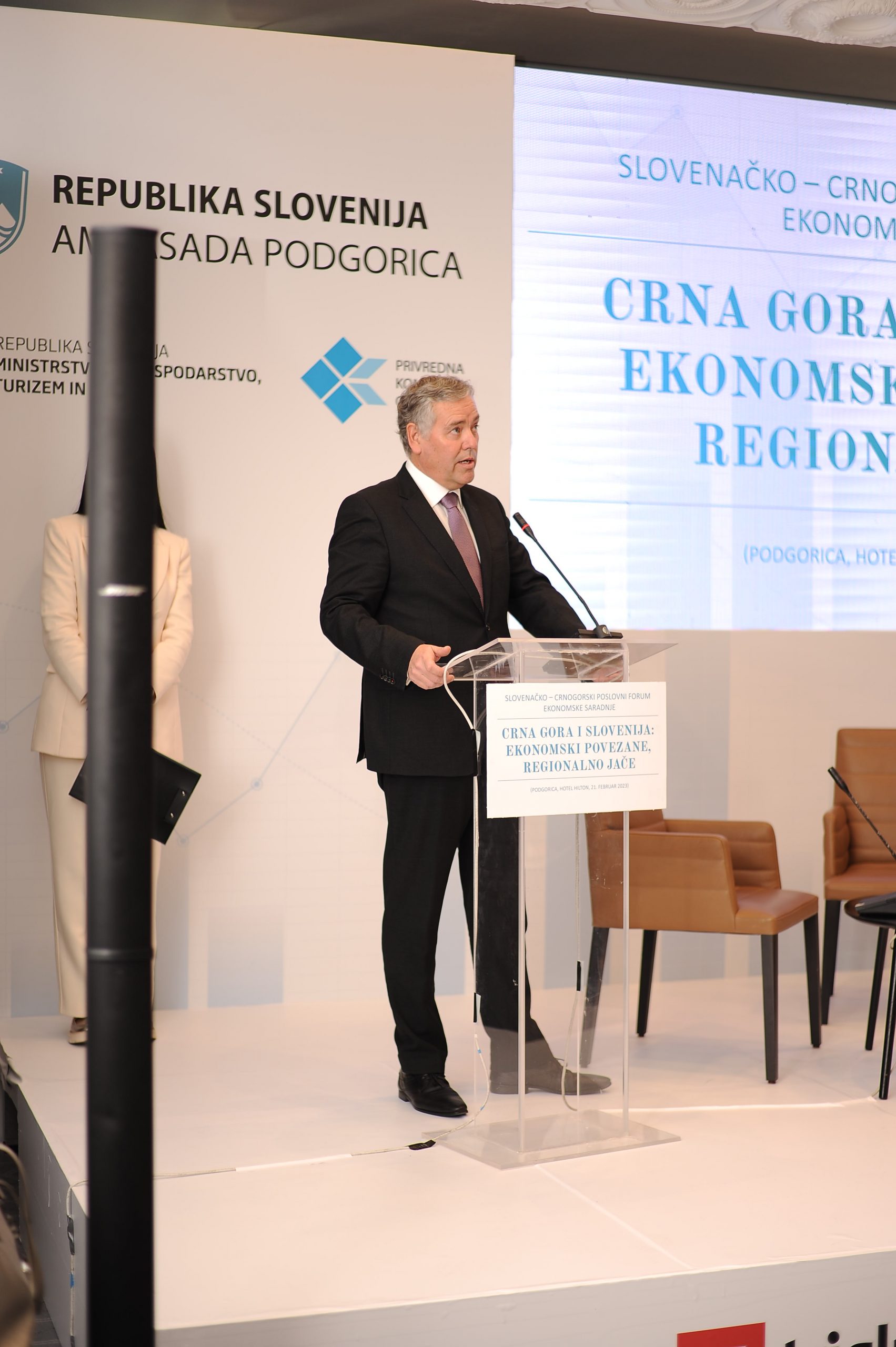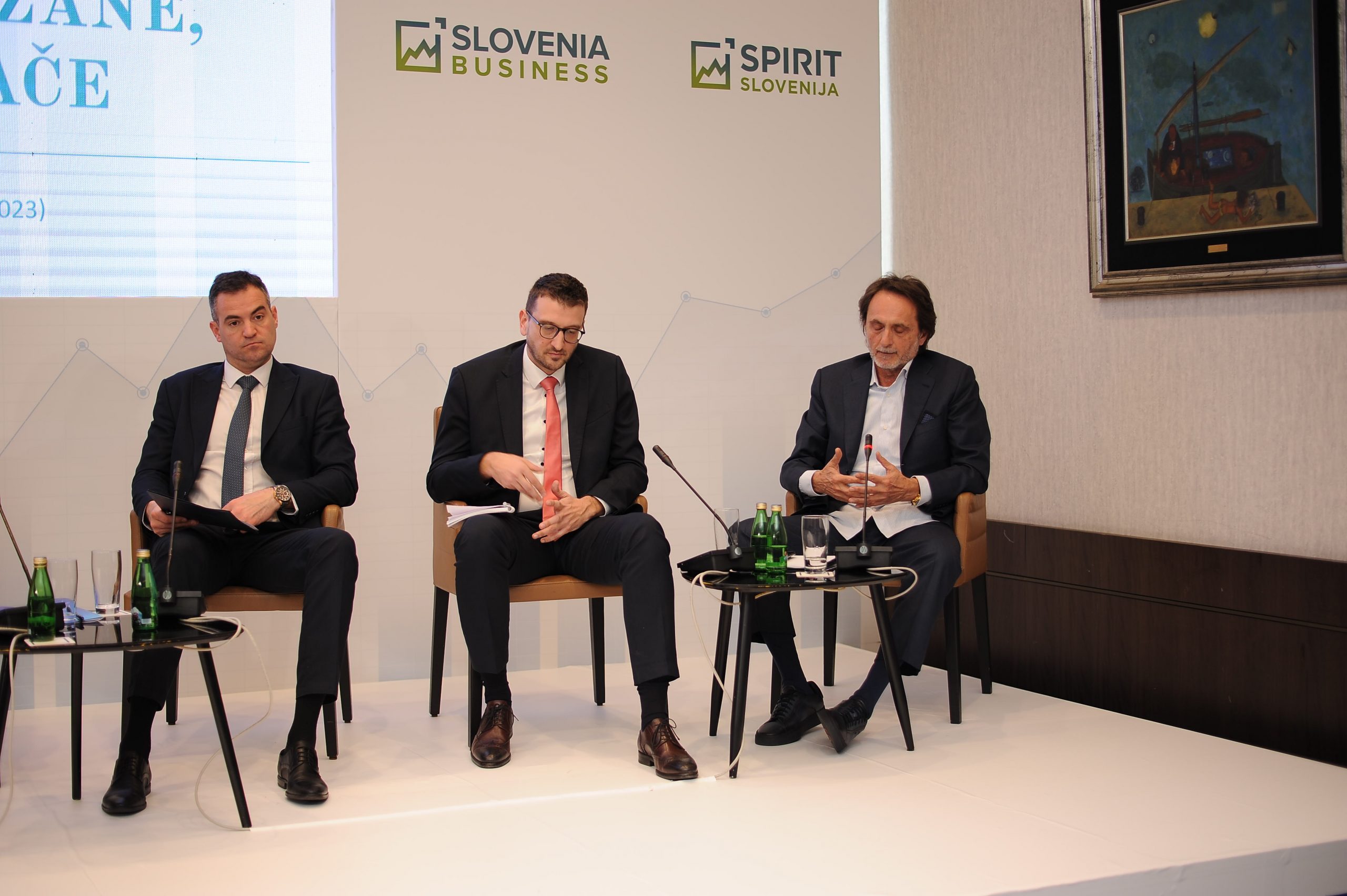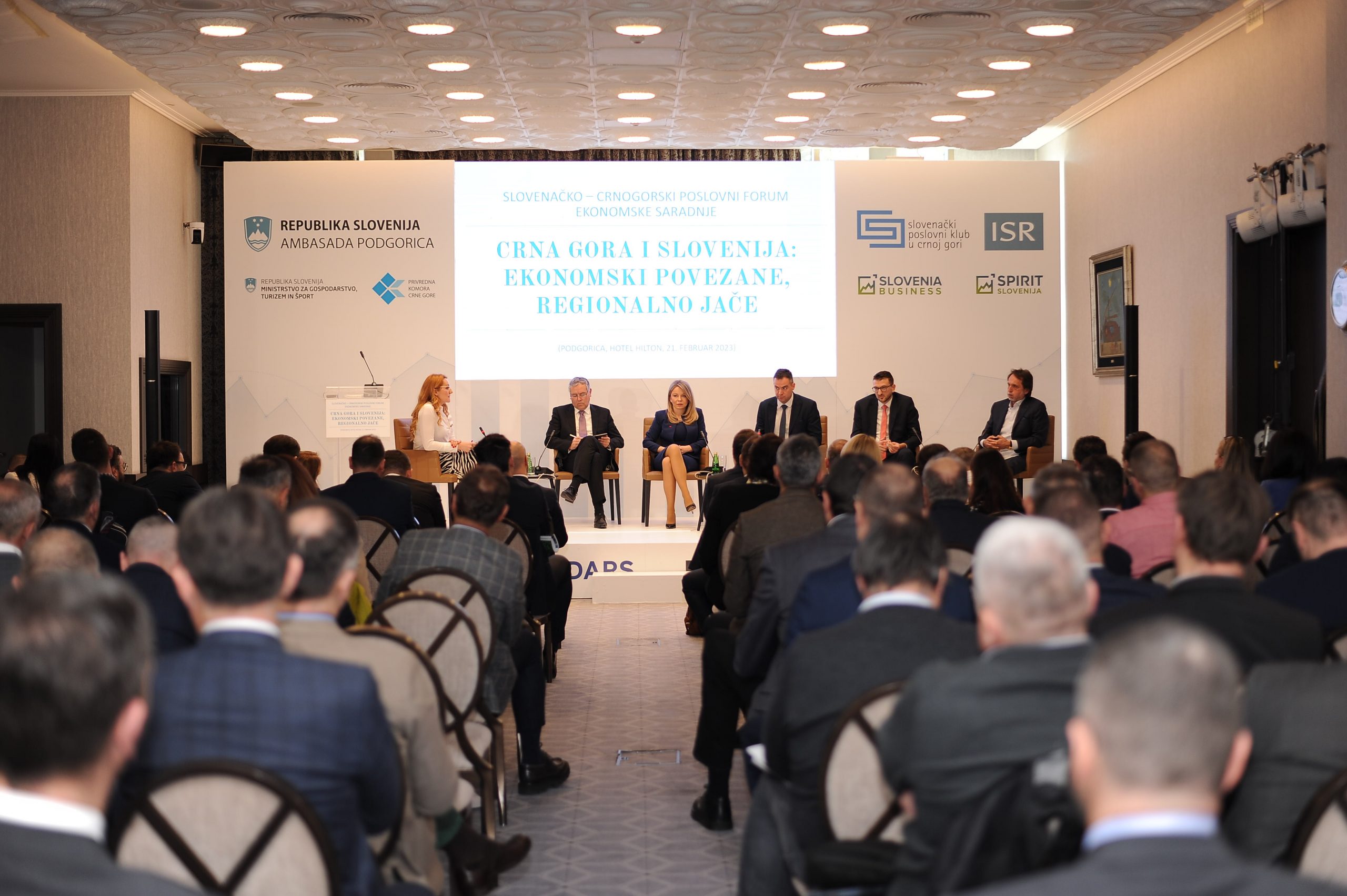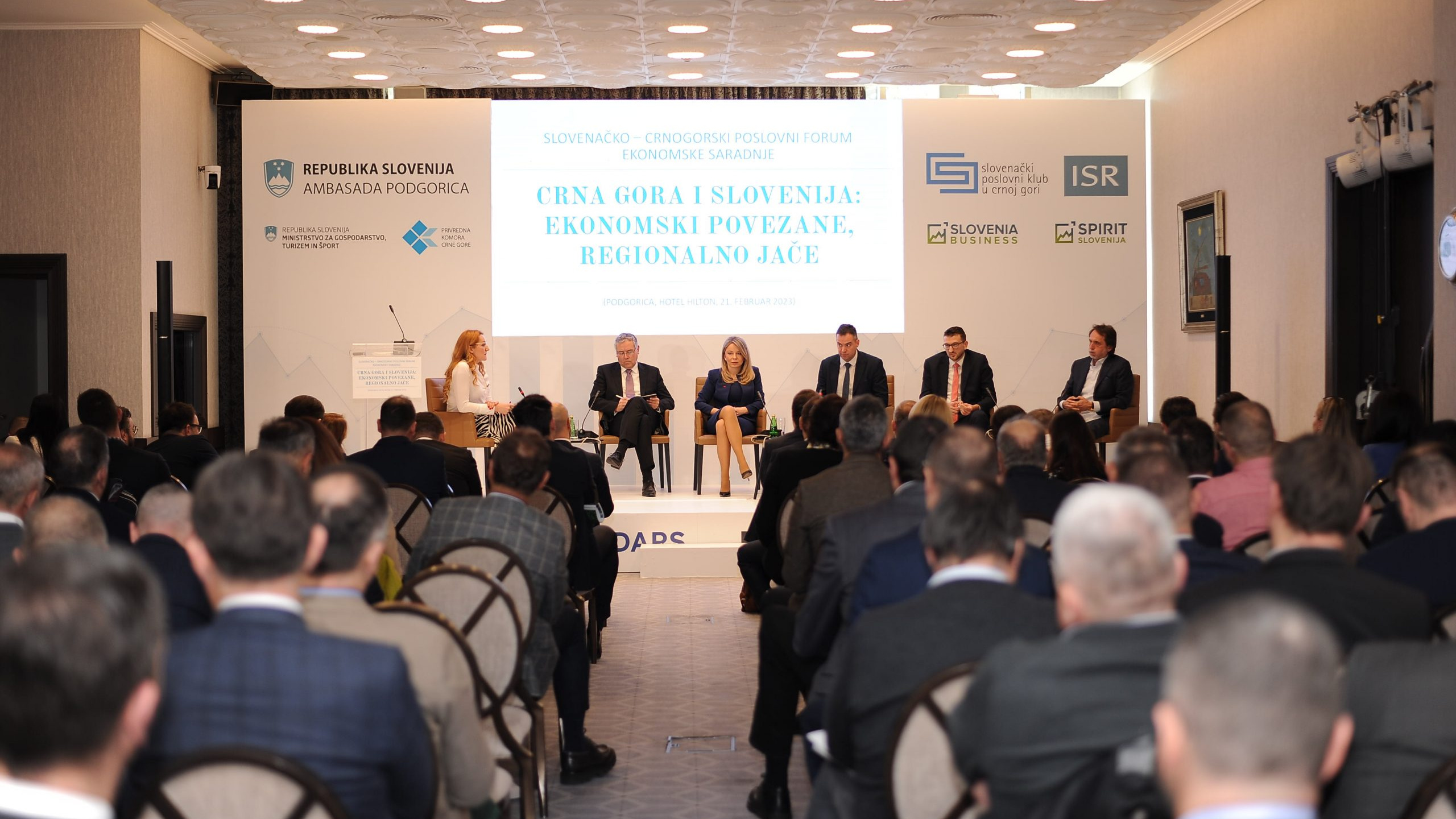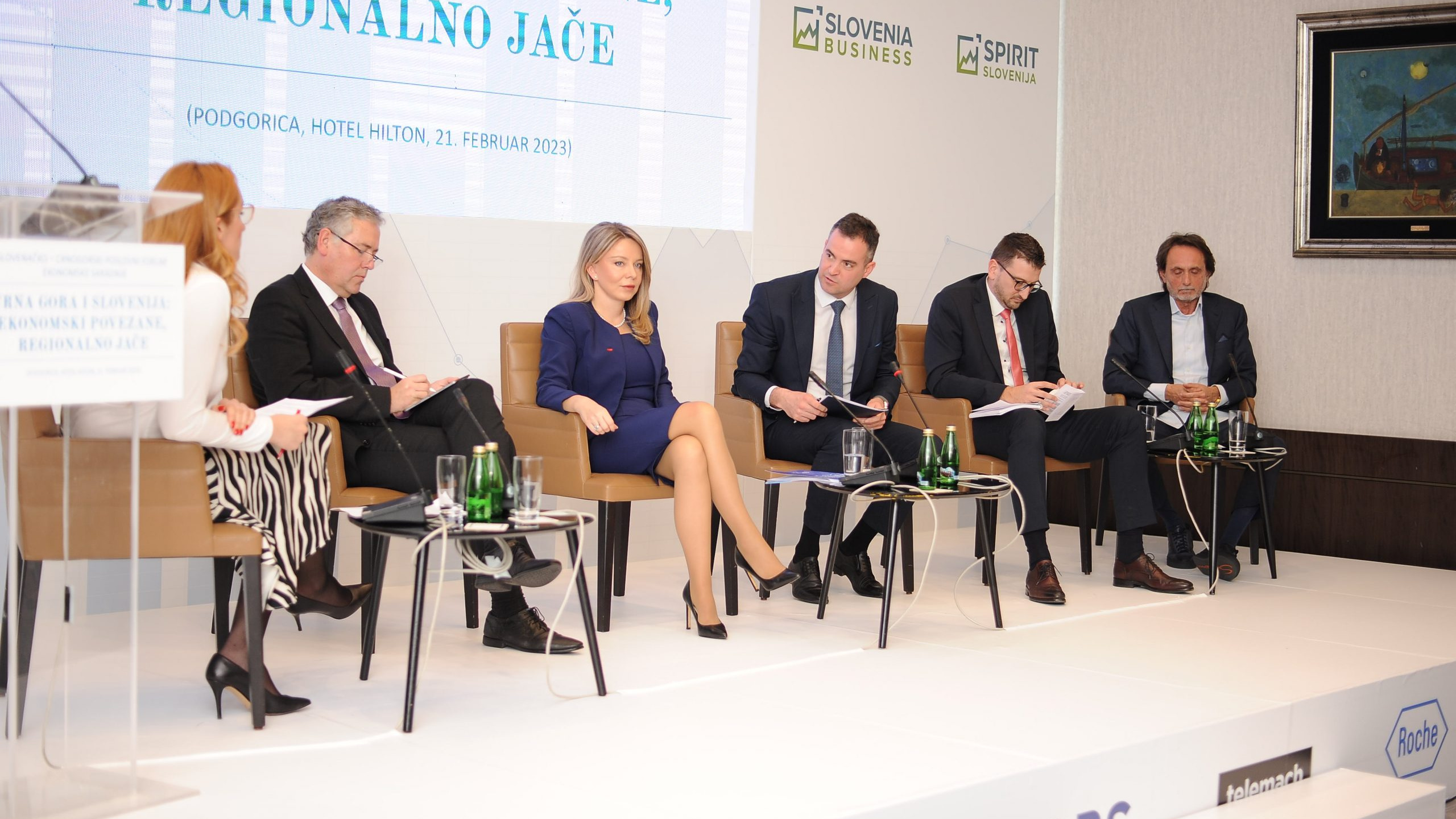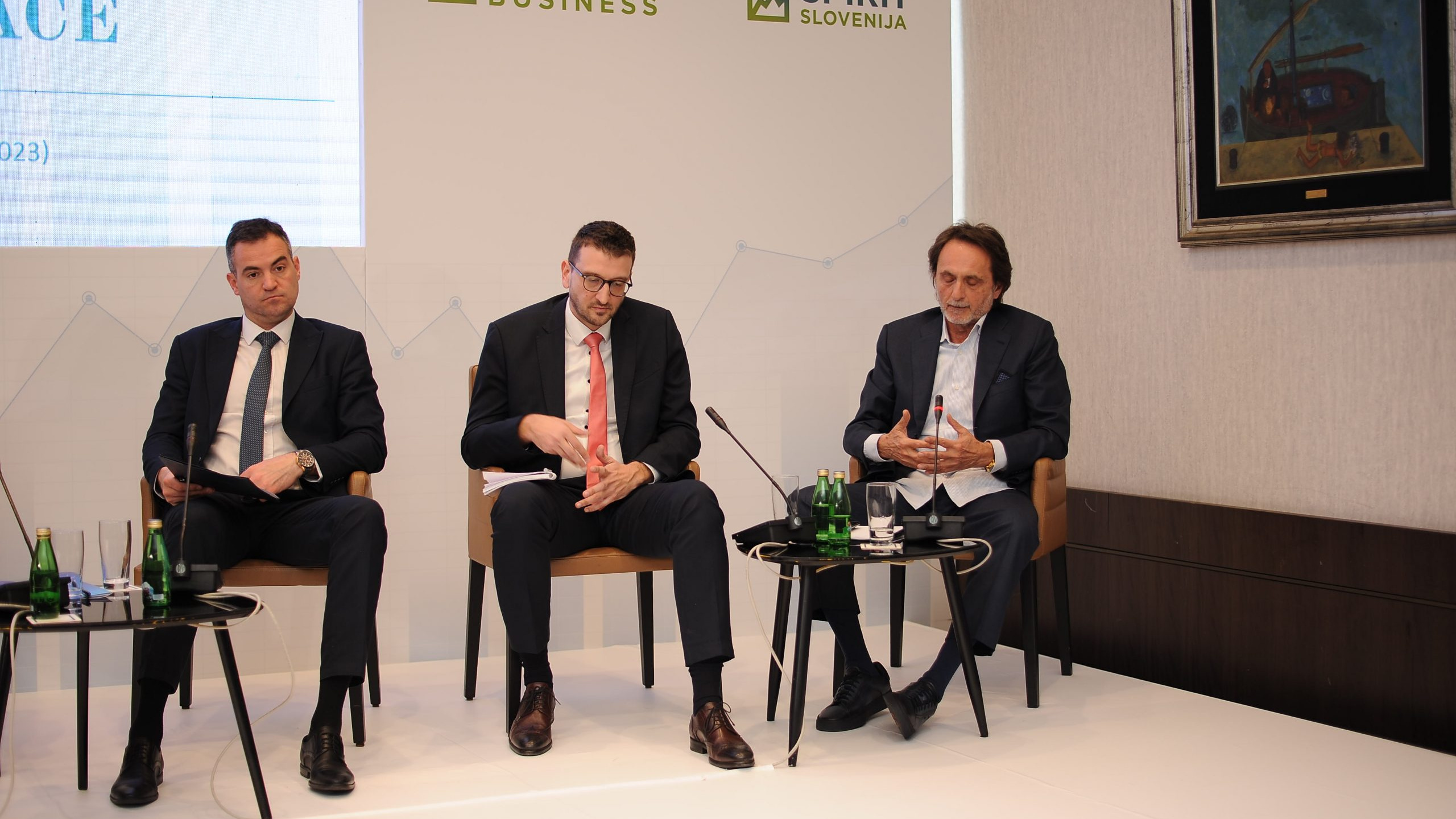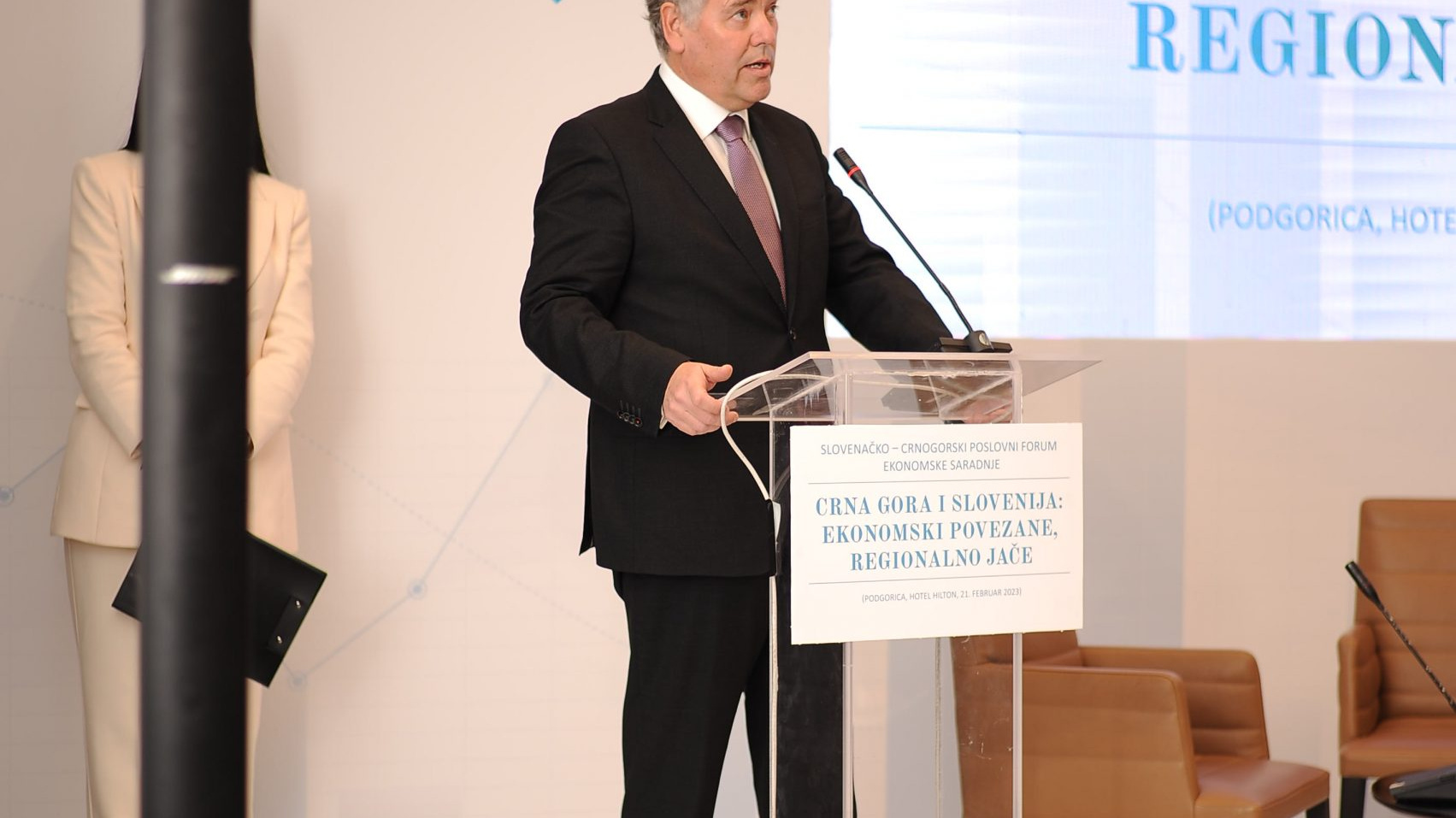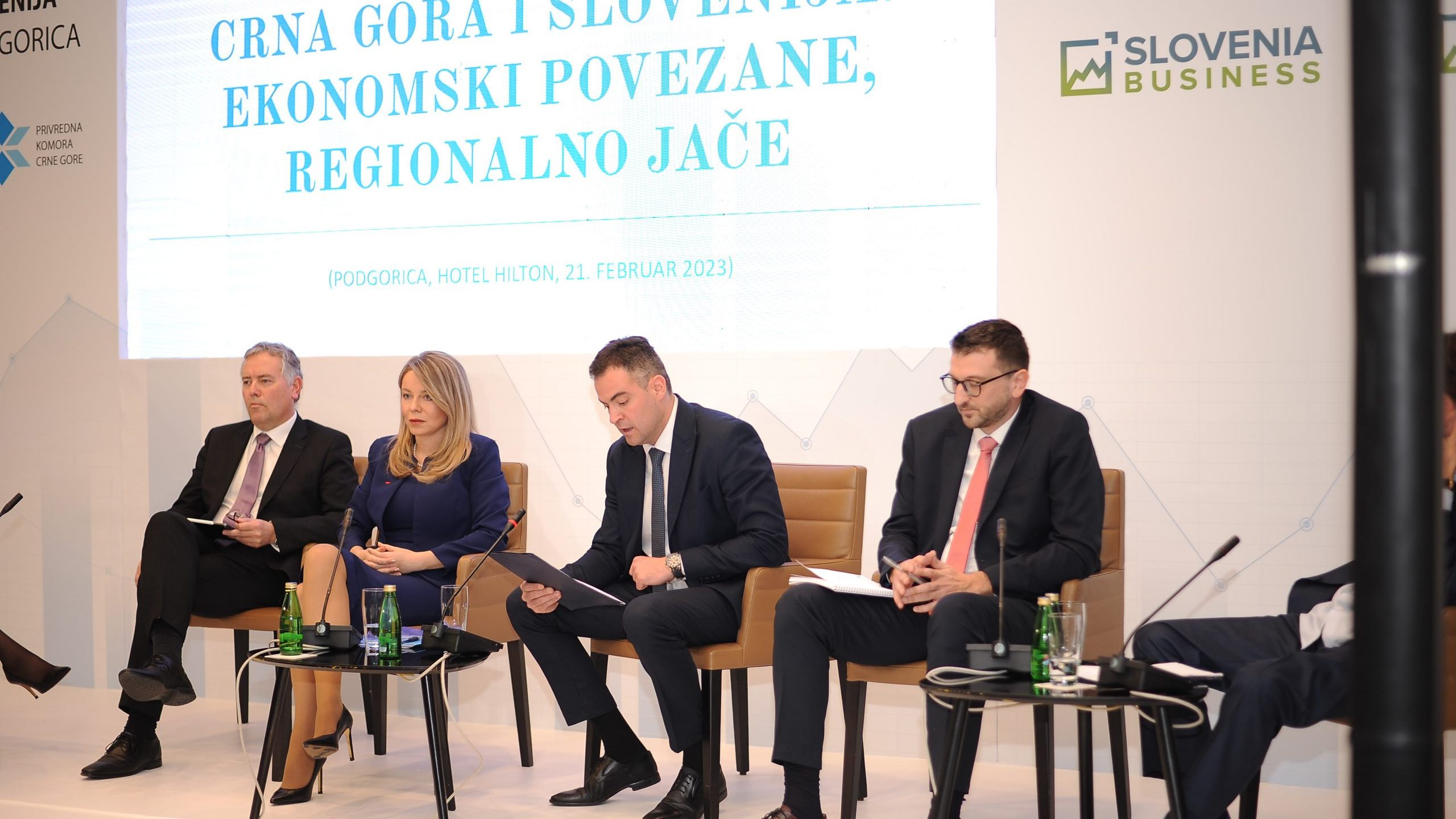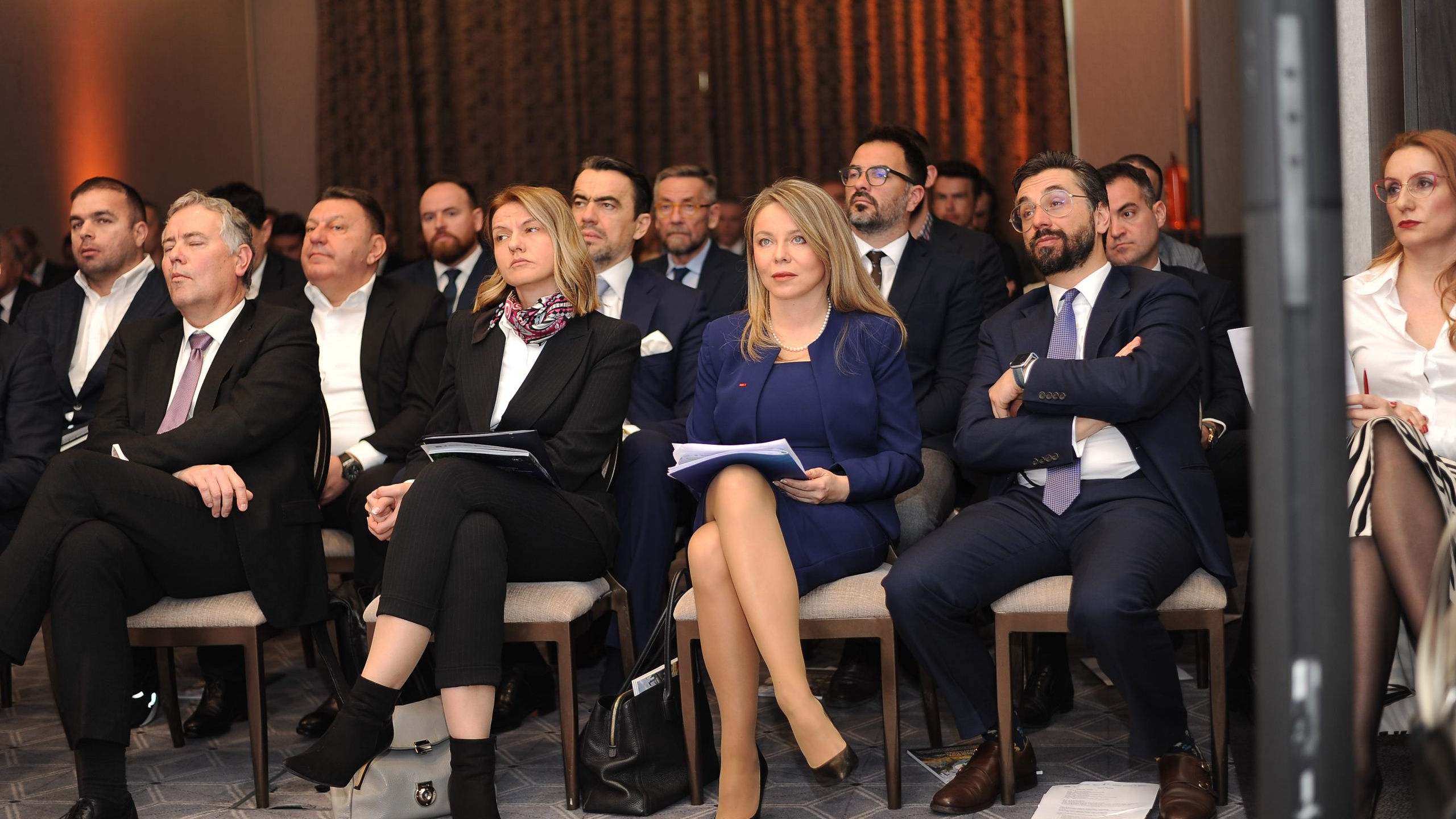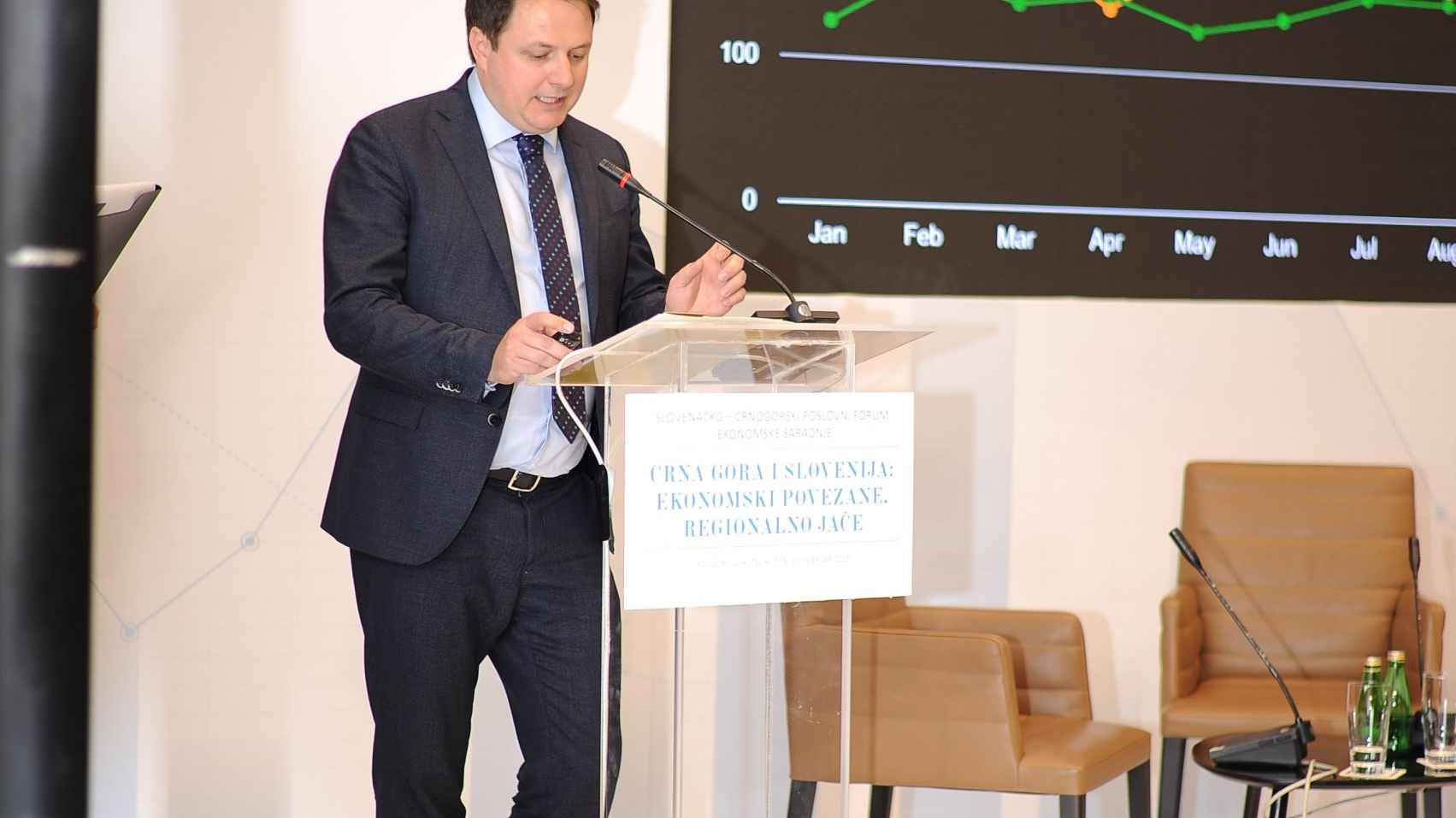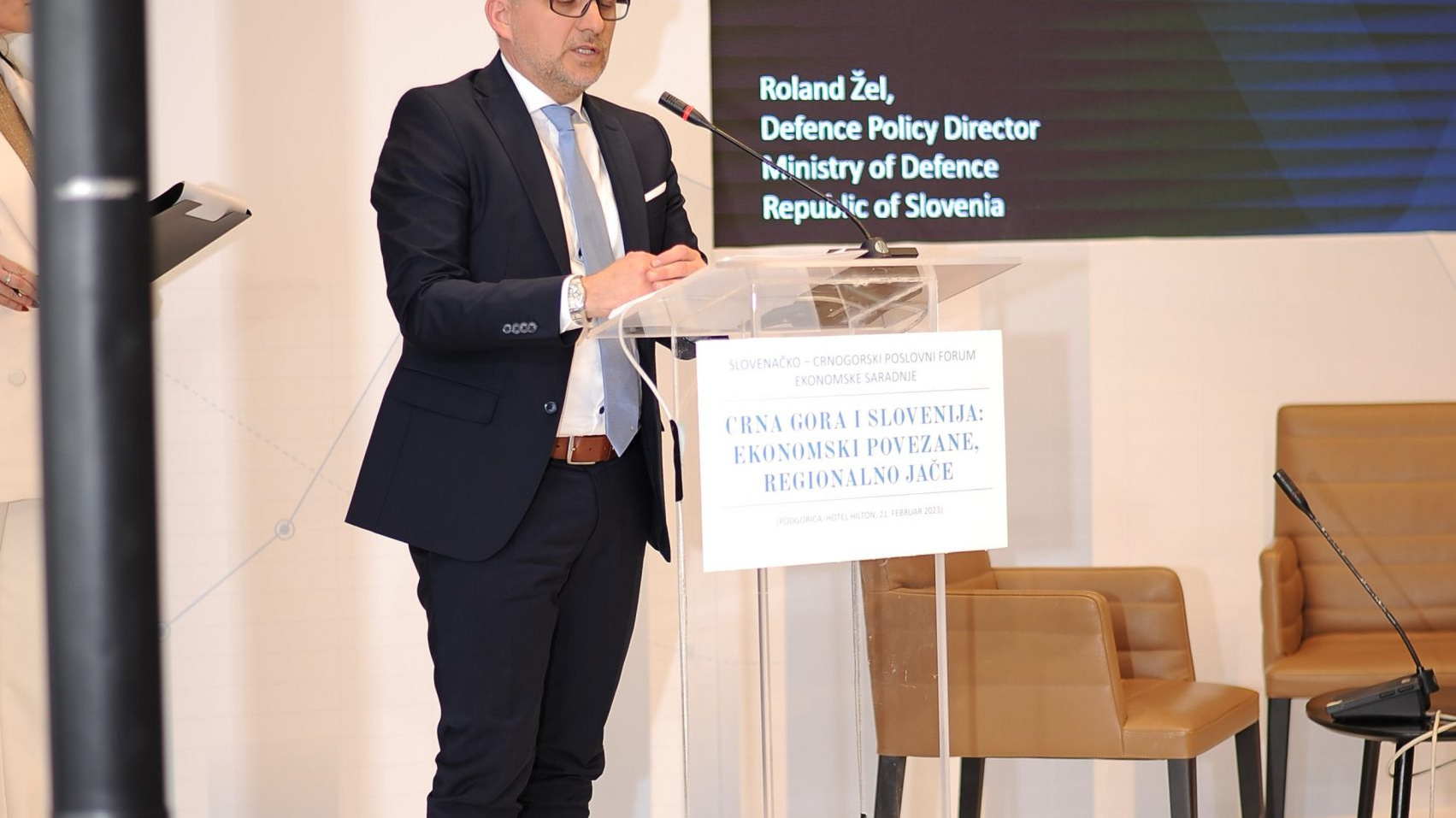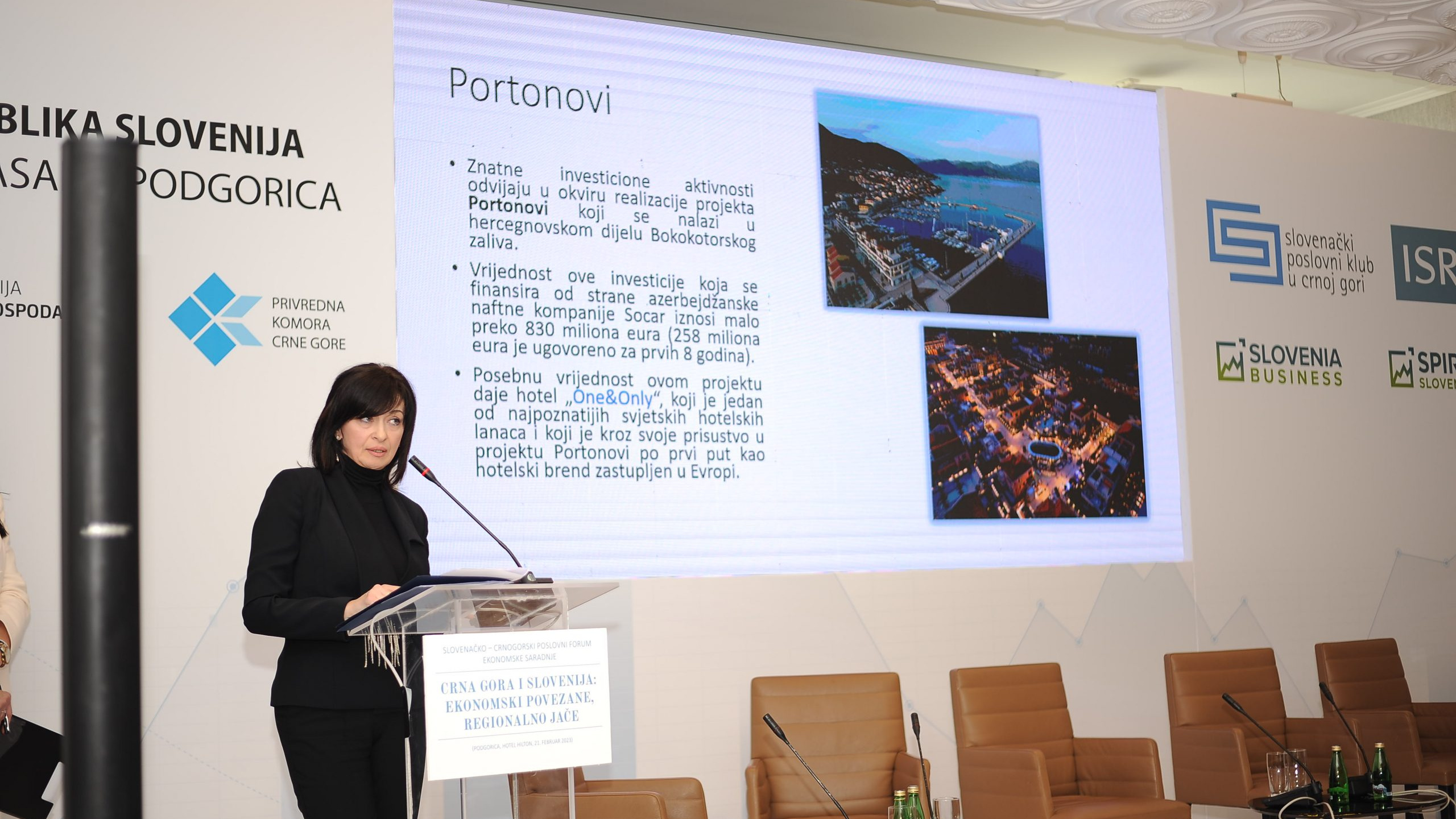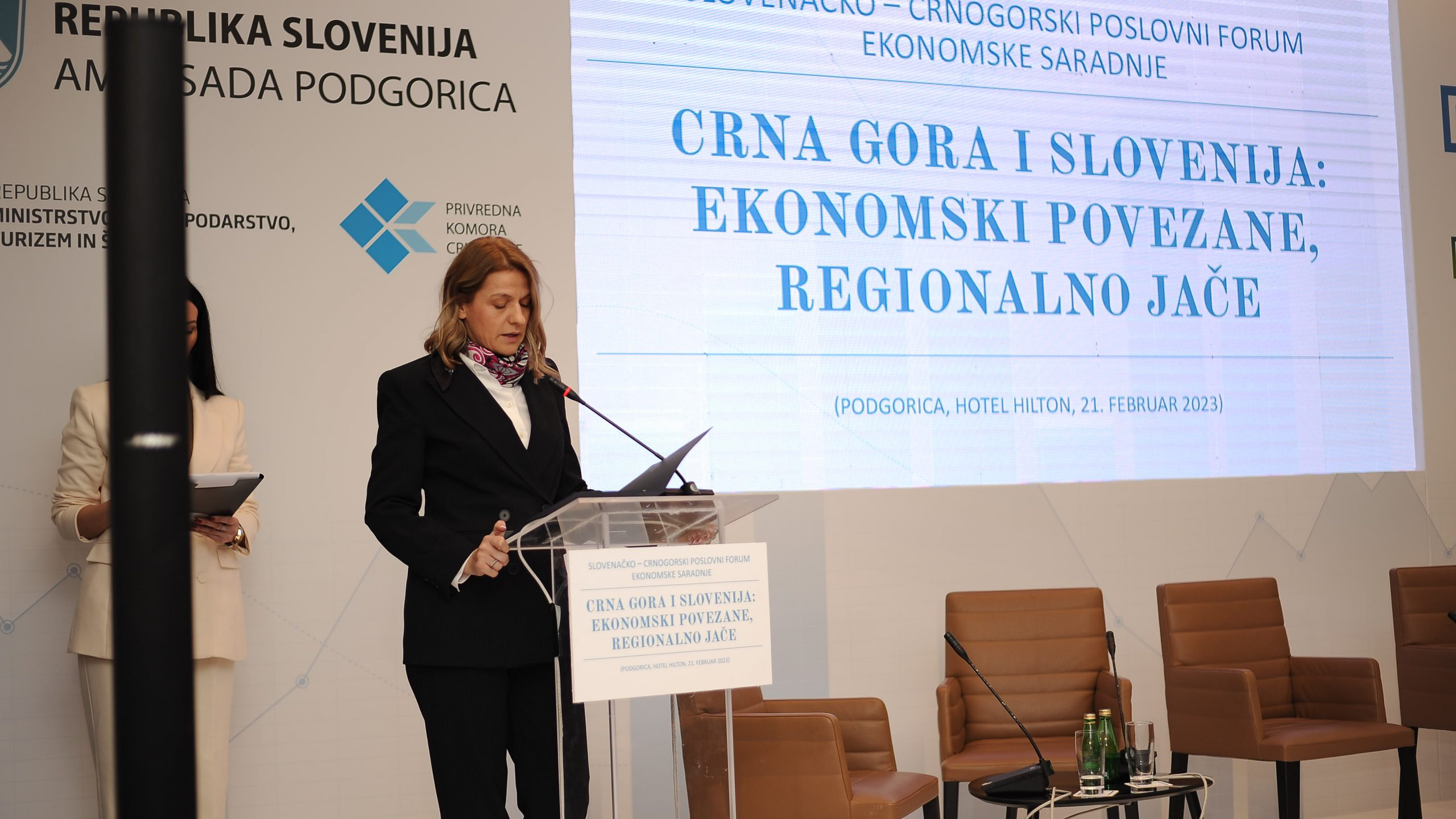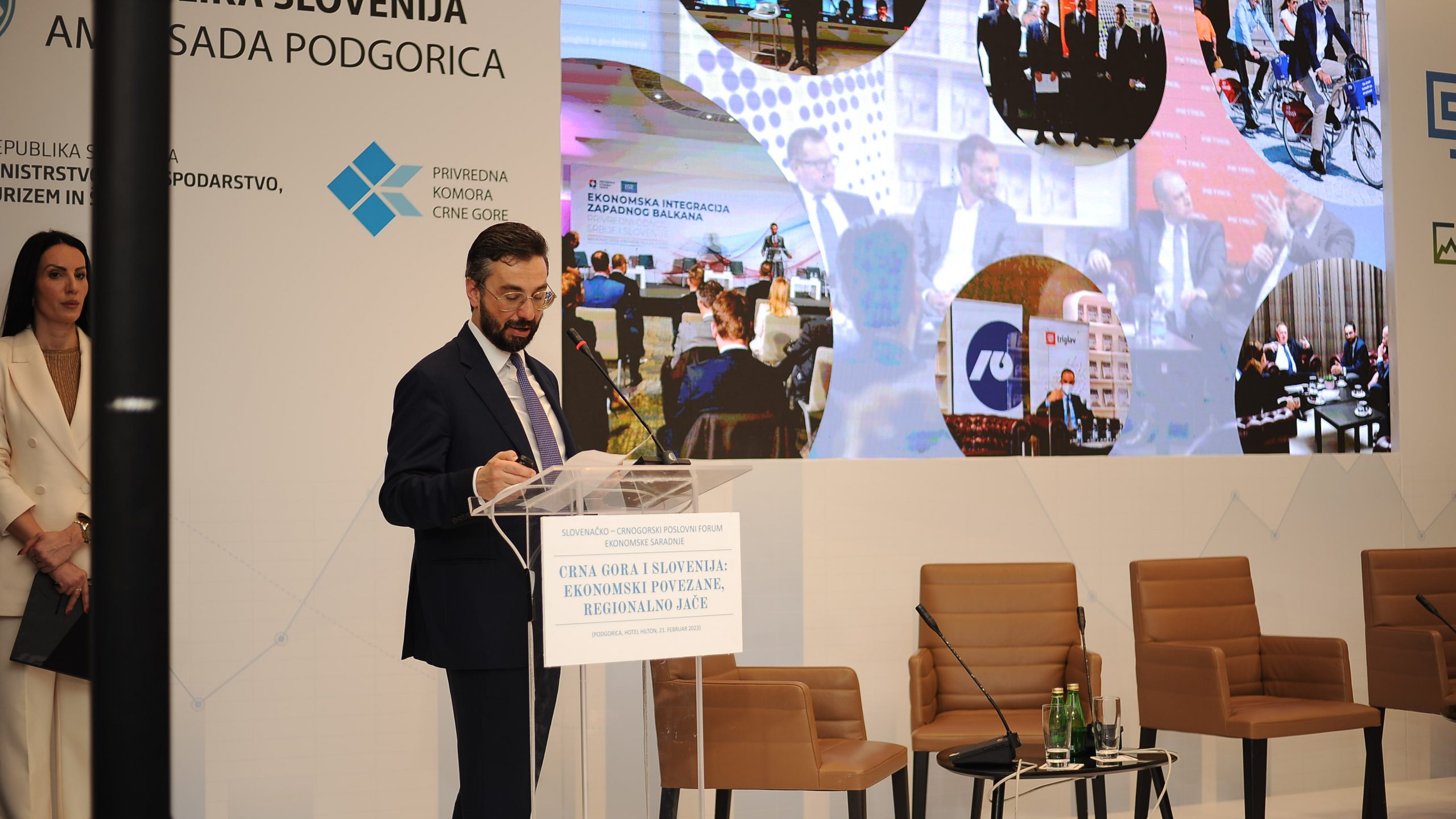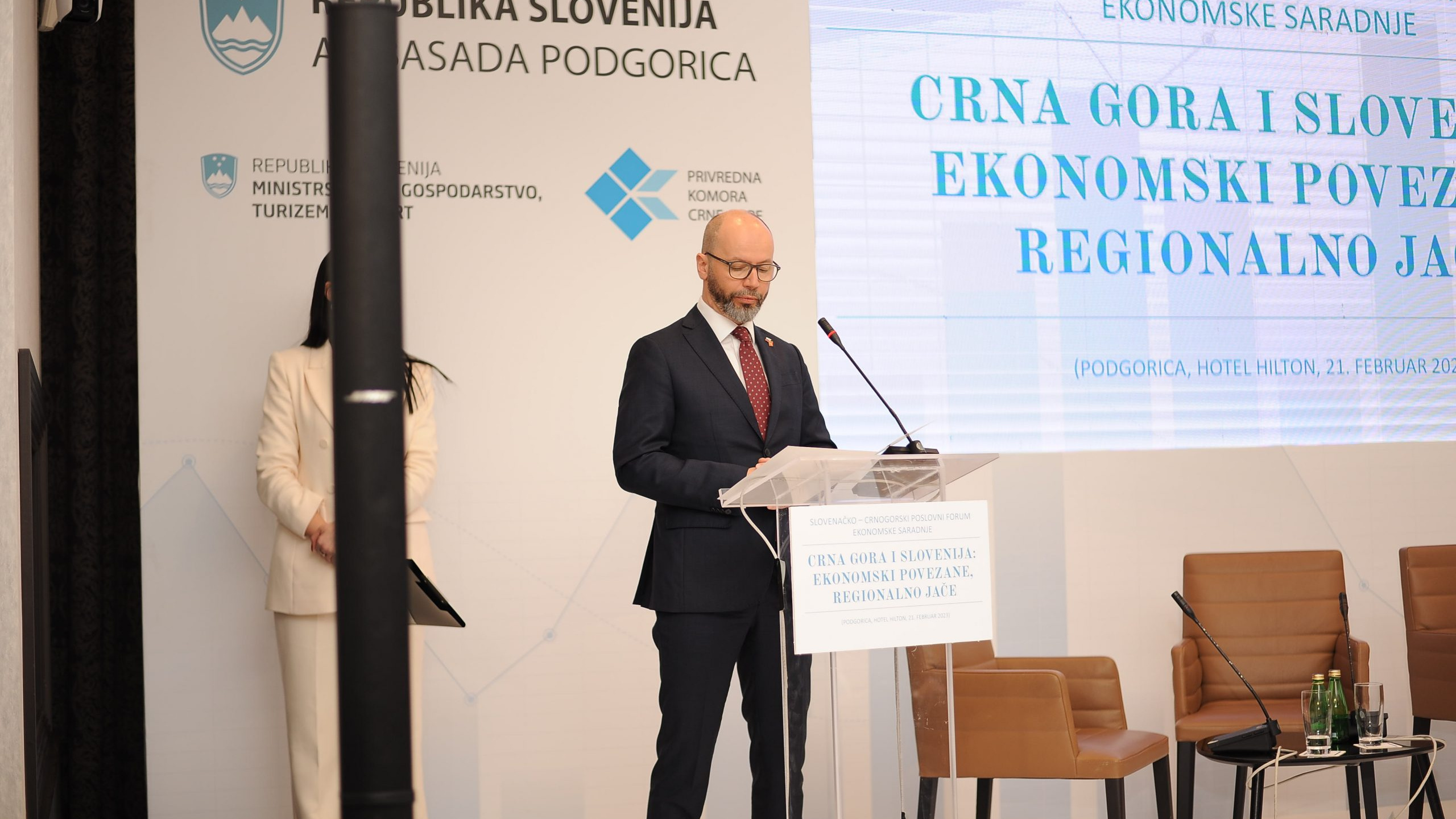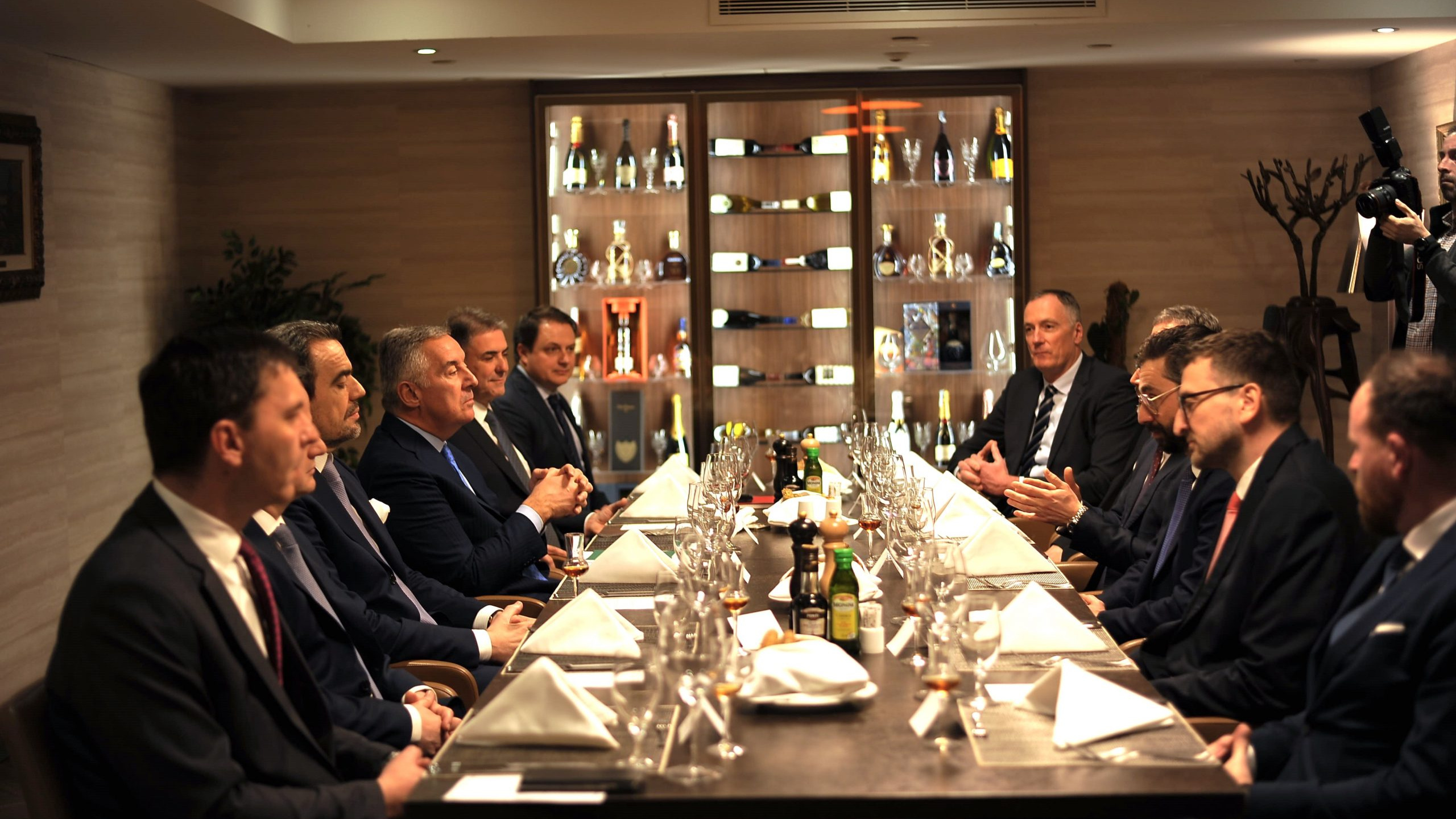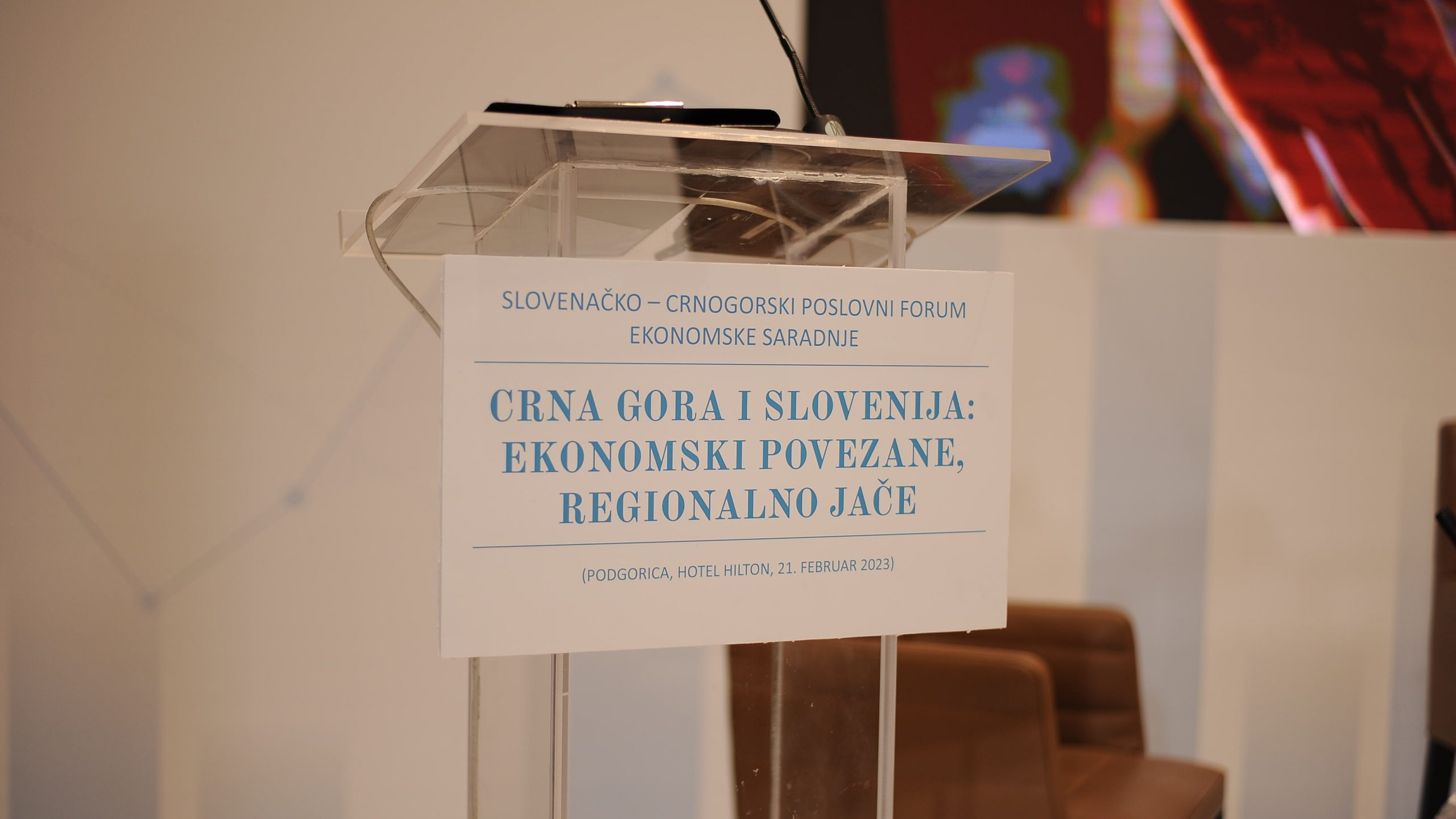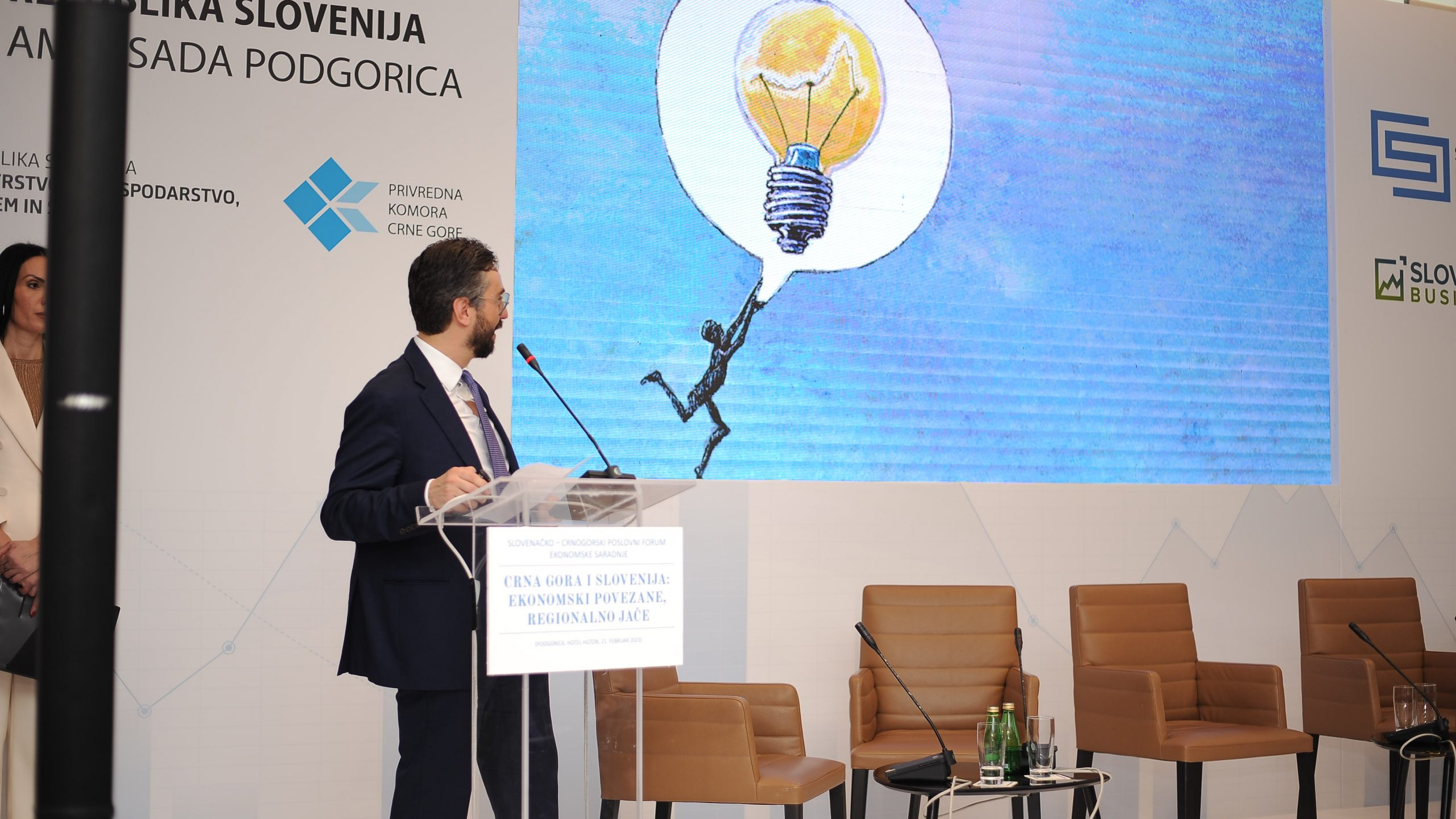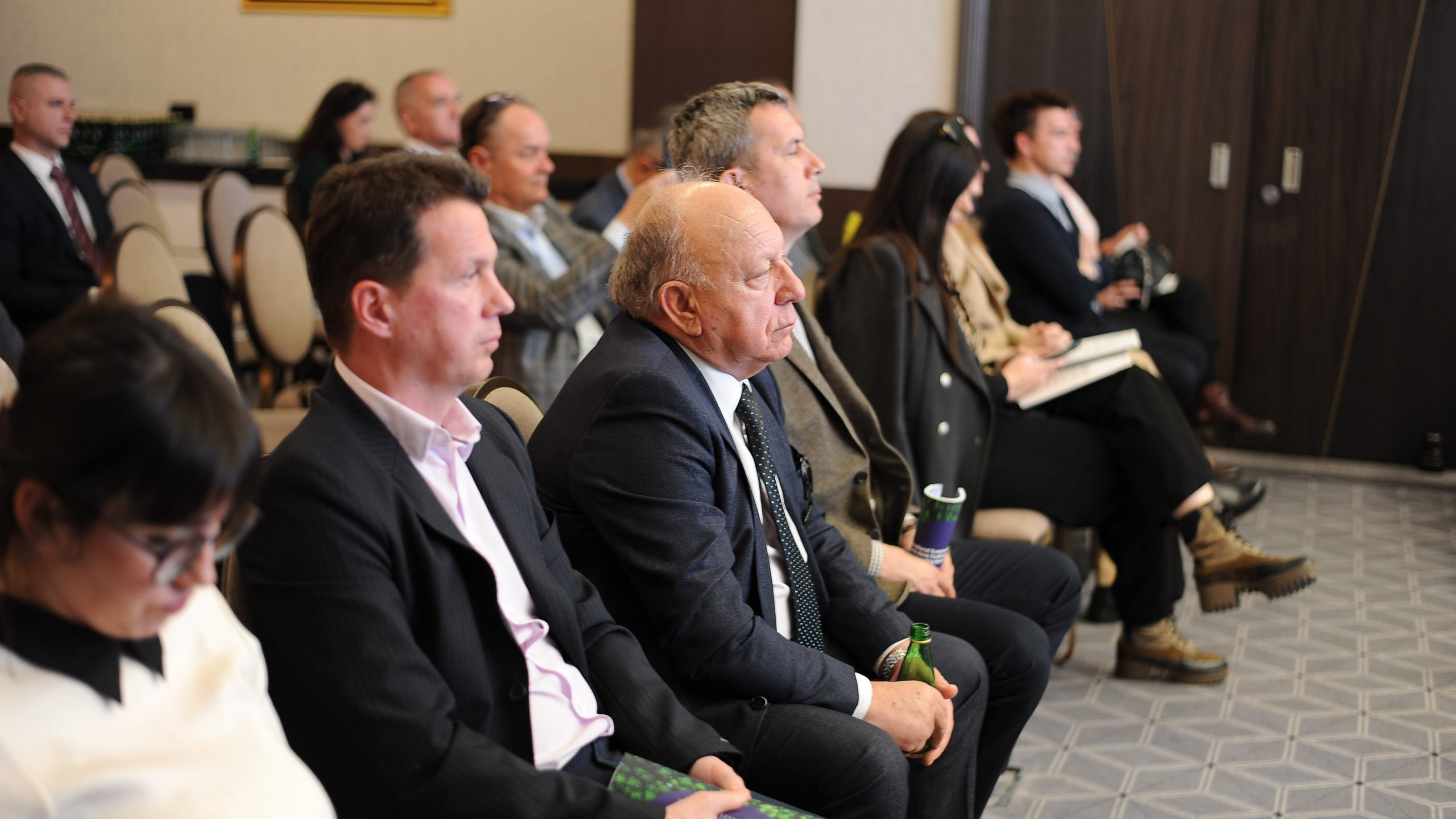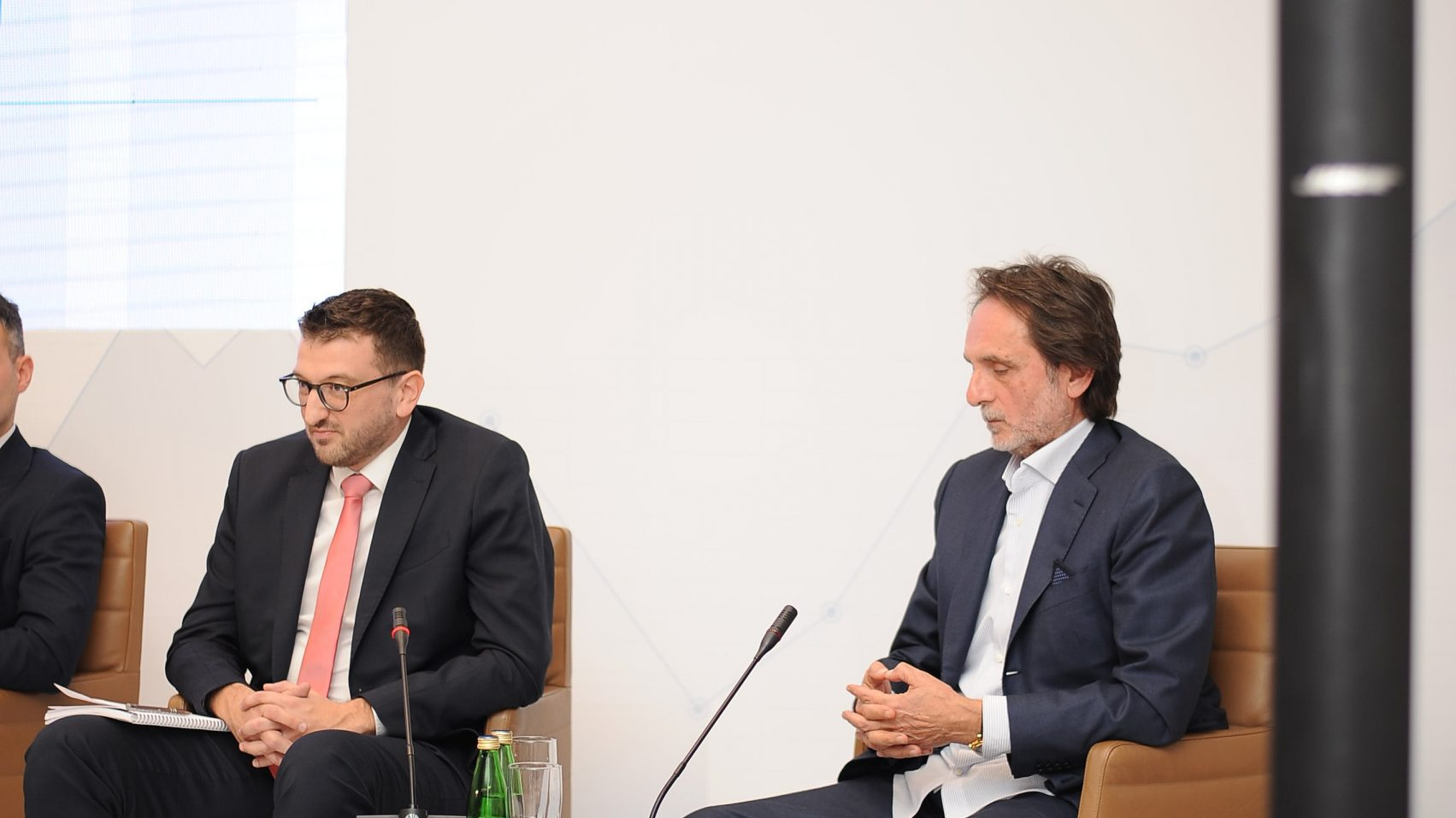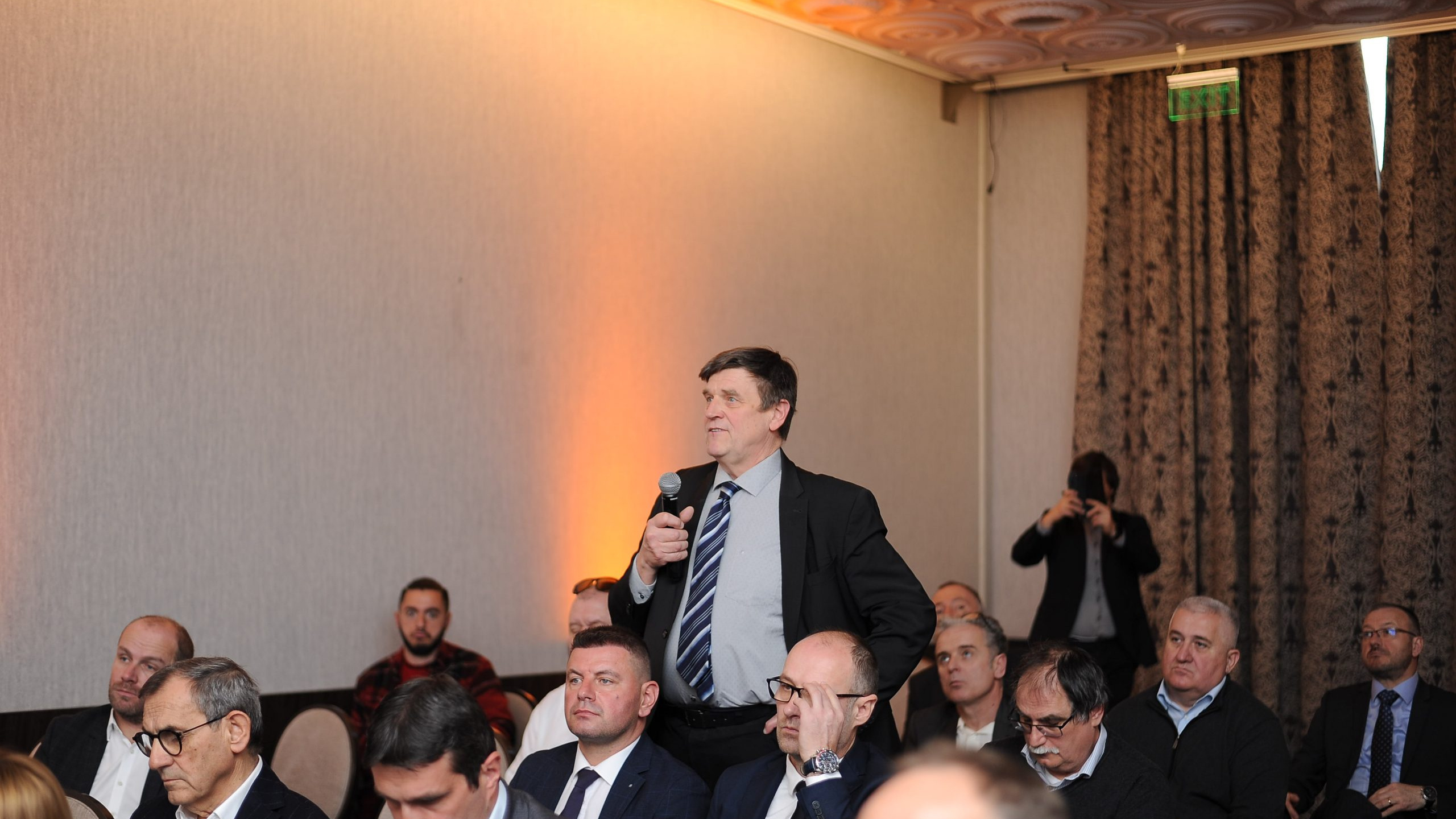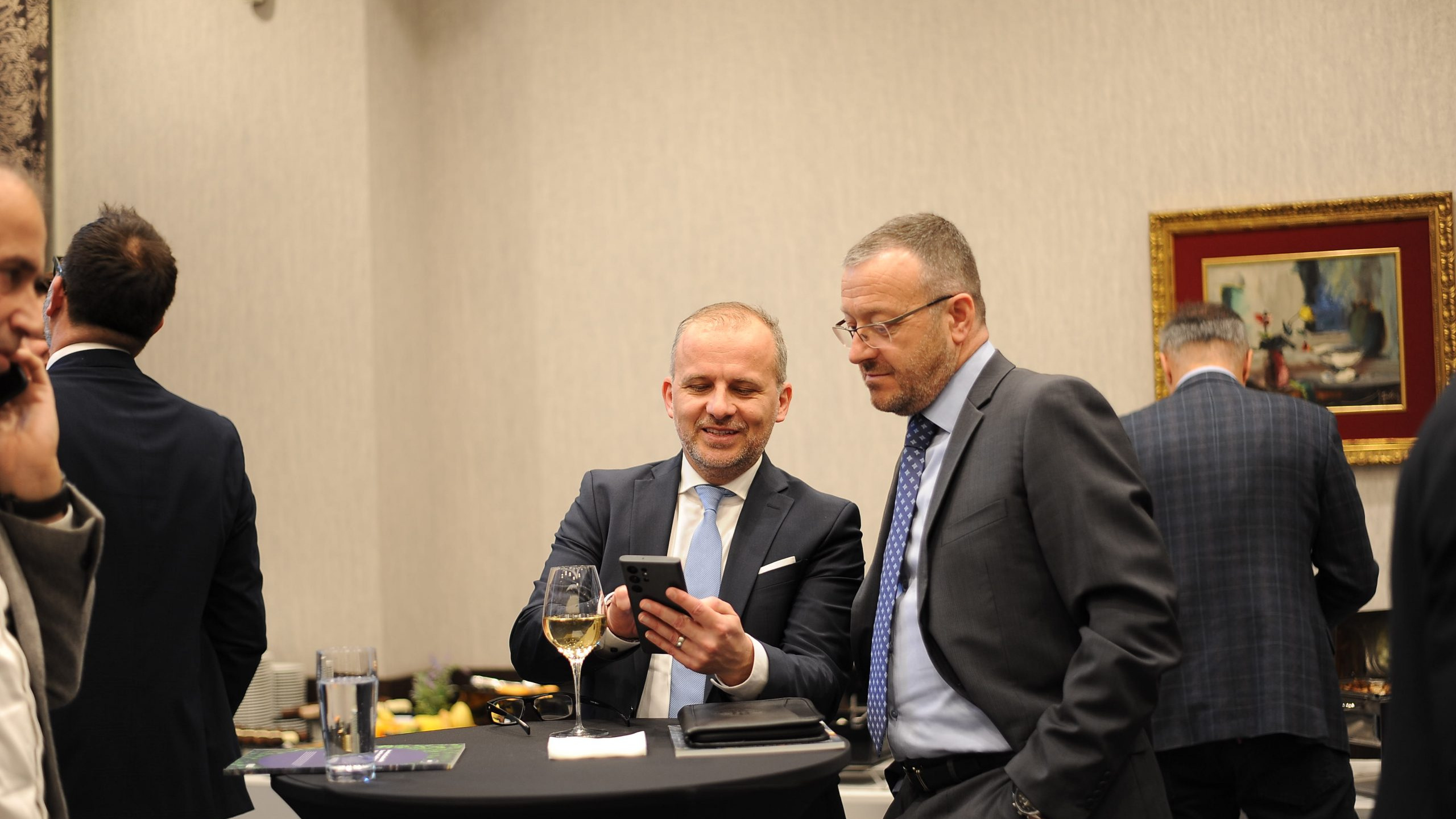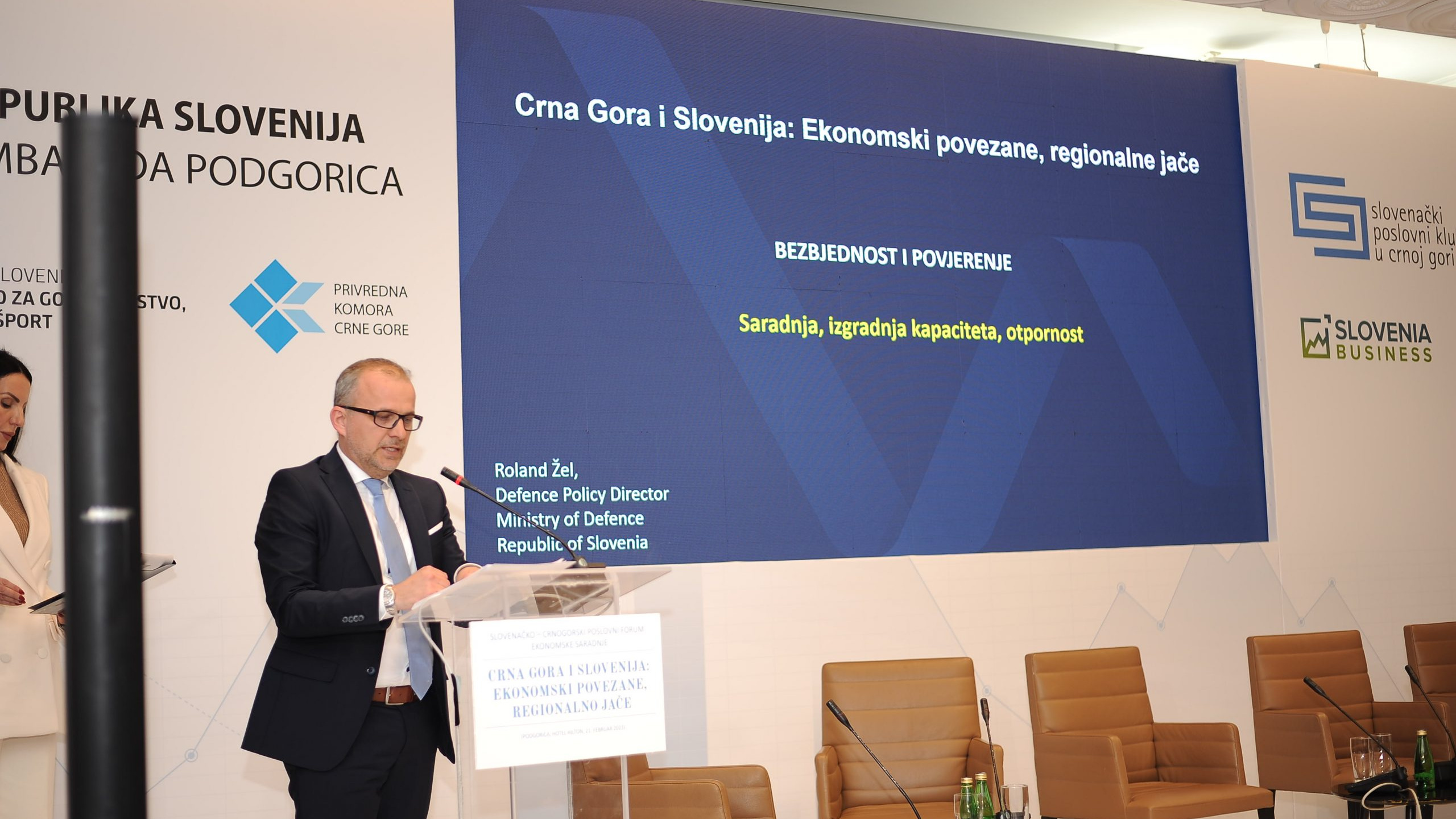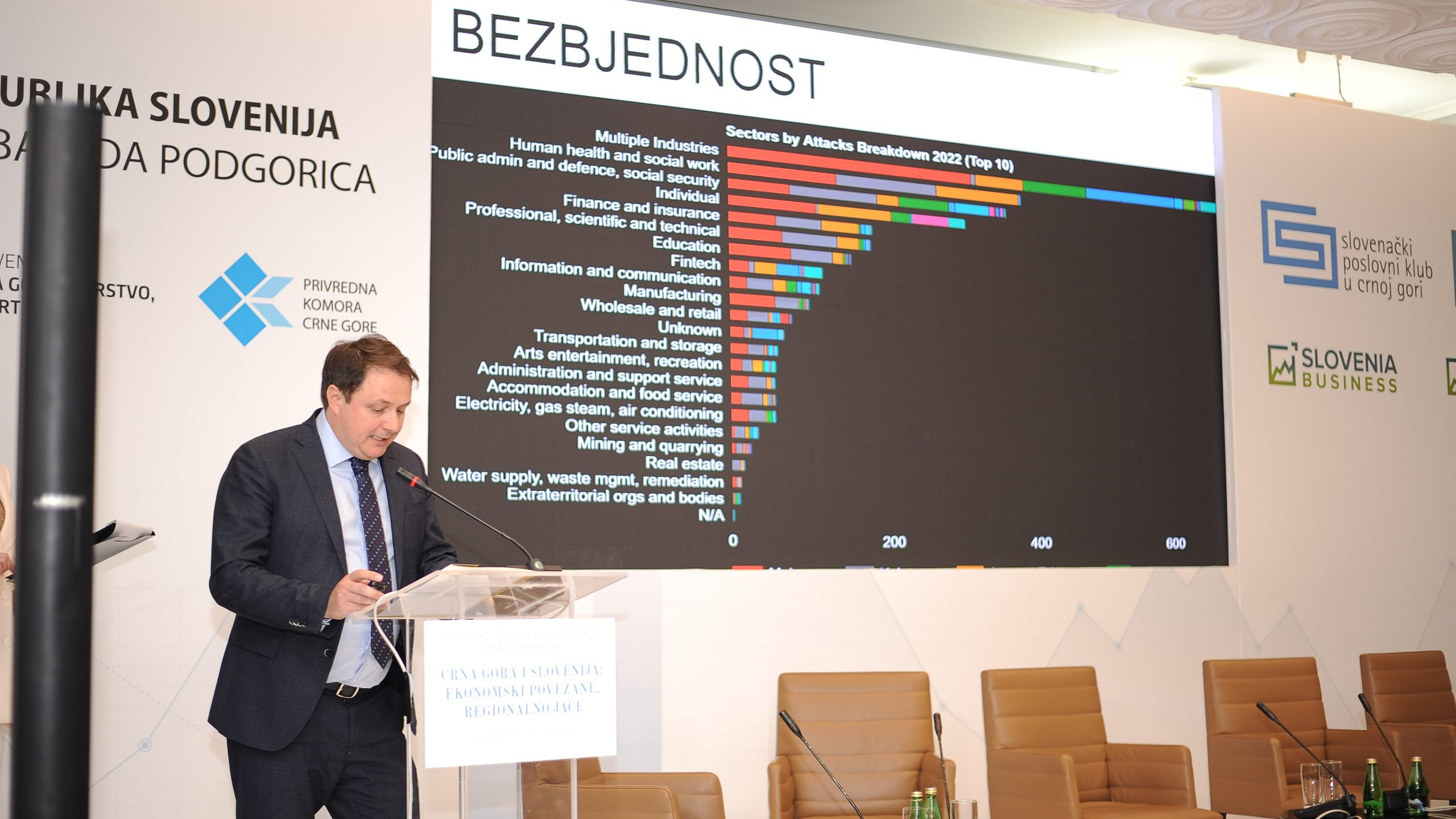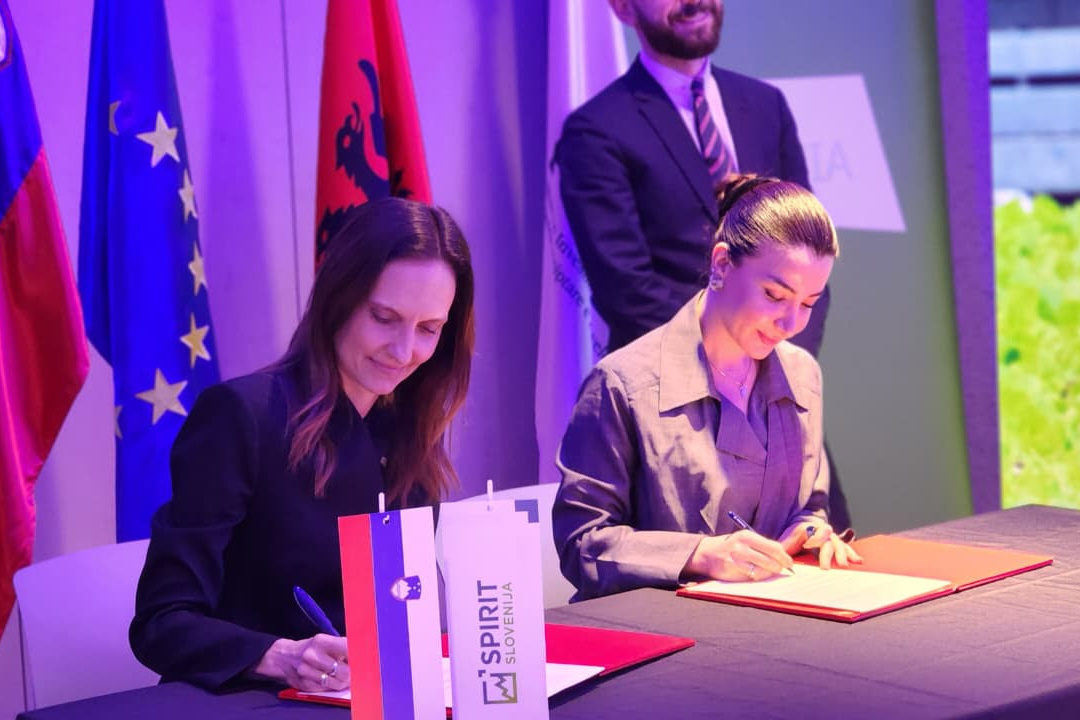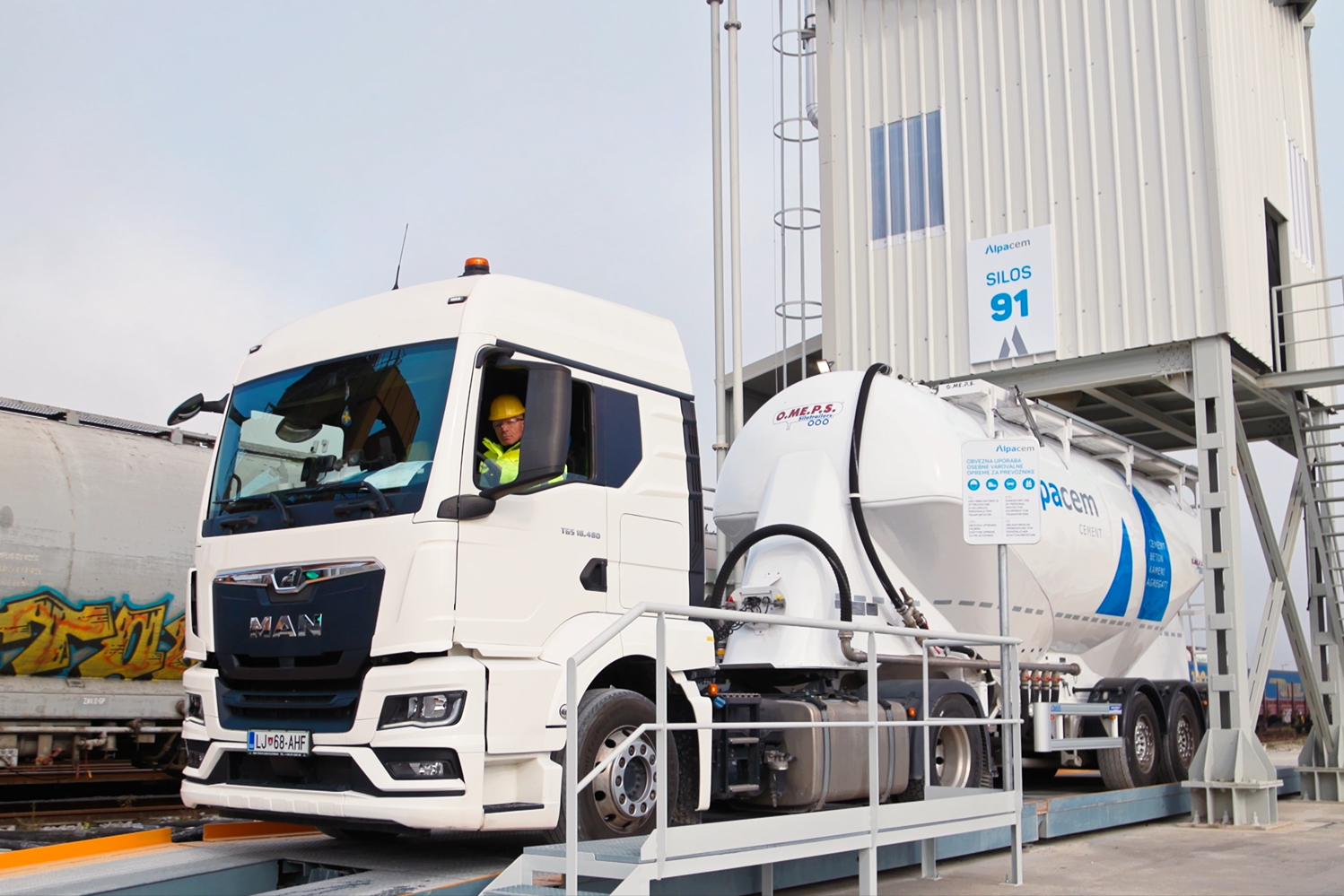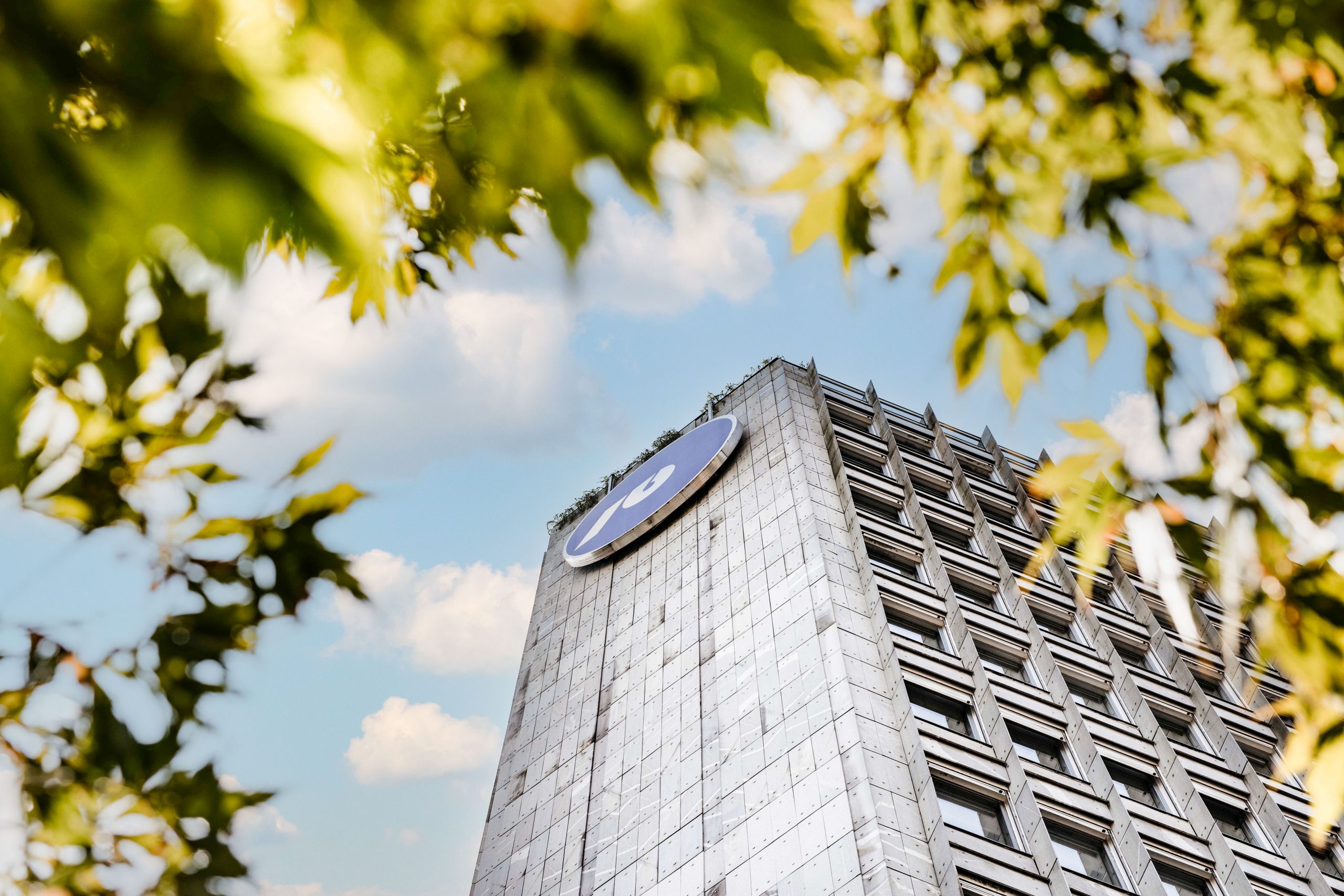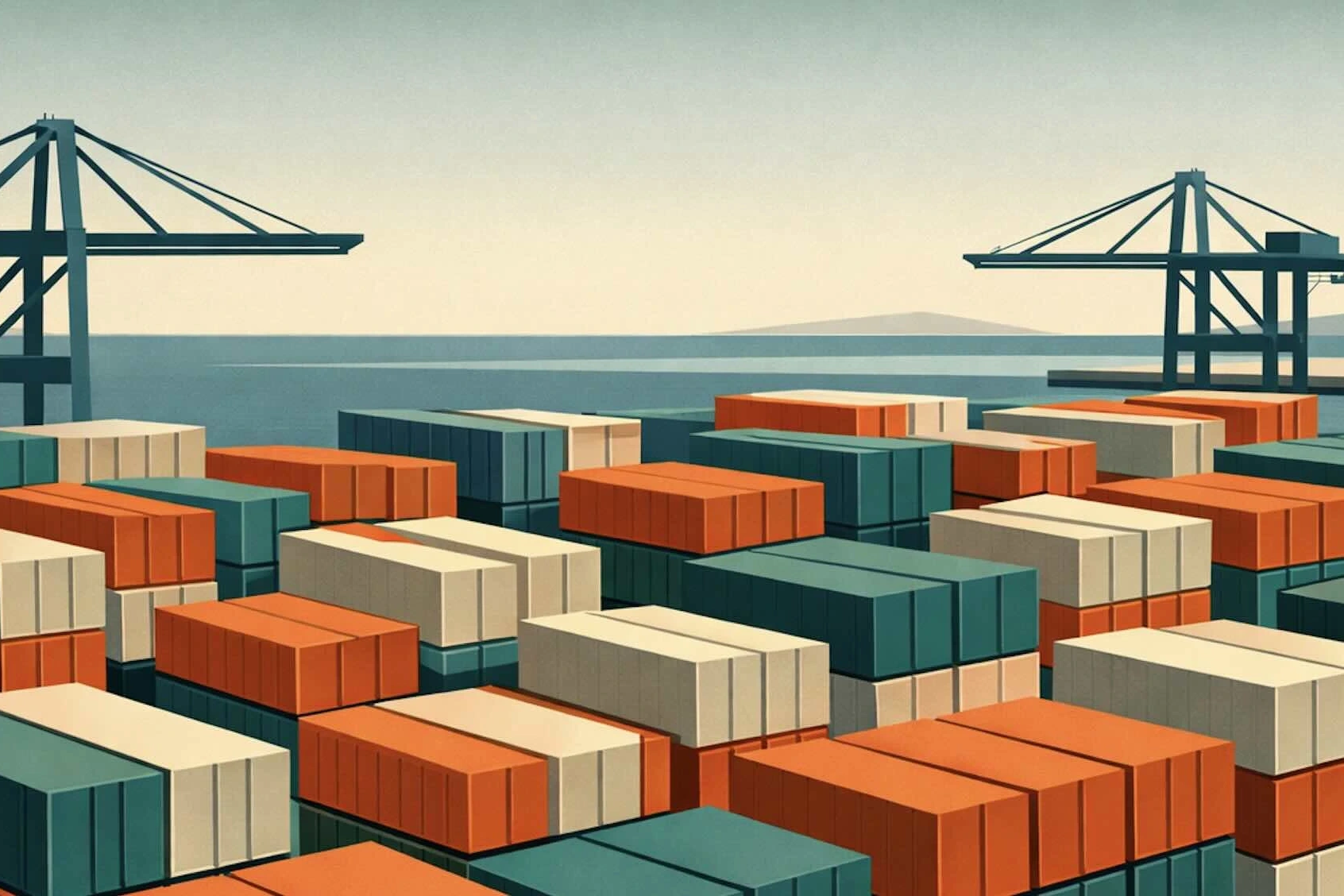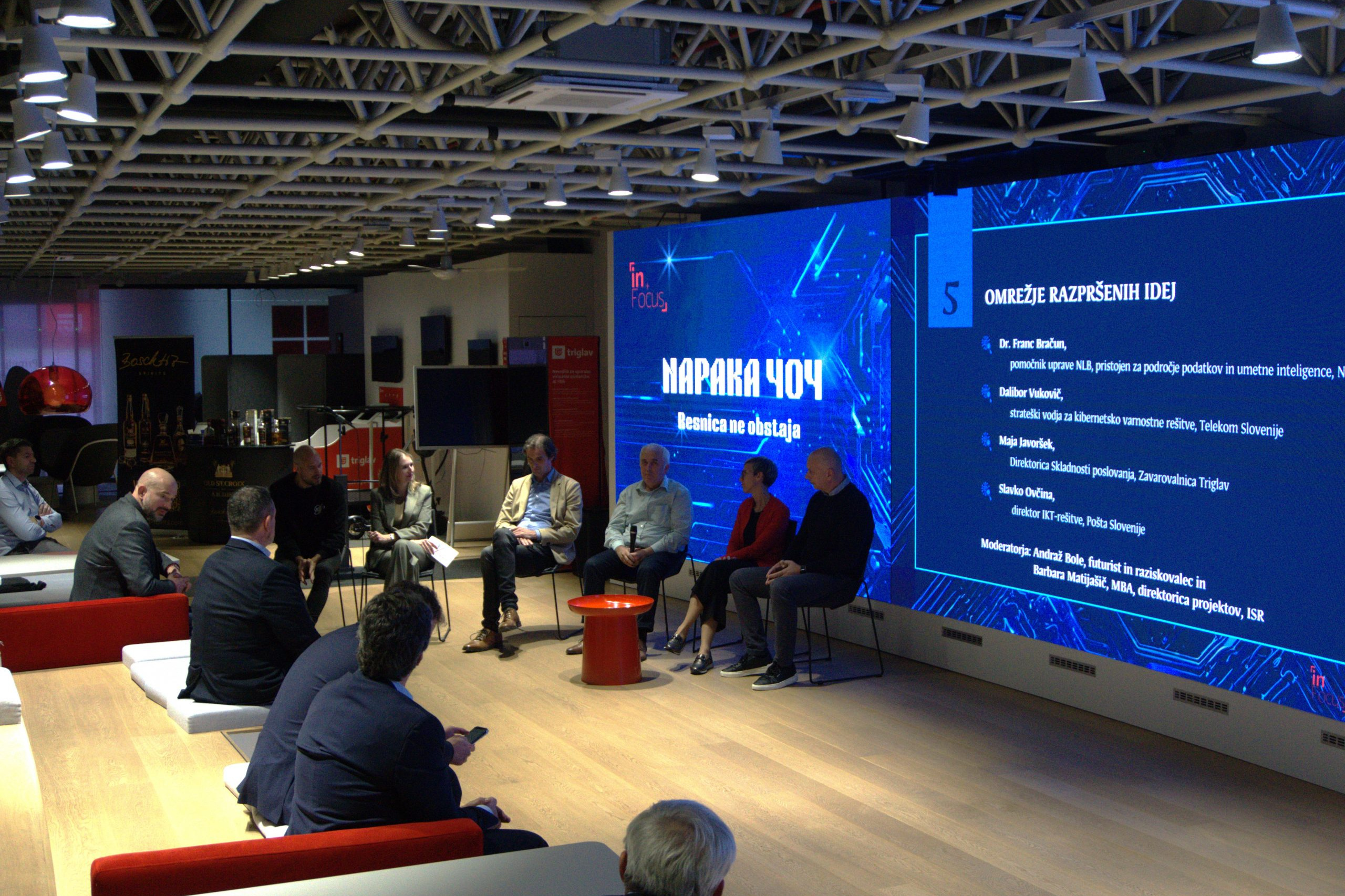Slovenian-Montenegrin business forum of economic cooperation
New Slovenian Investments in Montenegro Create More Opportunities for Europe
The Adriatic Team
On February 21, 2023, the Institute for Strategic Solutions, the Public agency Spirit Slovenia, the Slovenian Embassy in Montenegro, the Slovenian Business Club in Montenegro, and the Chamber of Commerce of Montenegro organized a Slovenian-Montenegro business forum to discuss economic cooperation between the two countries. The event was held at the Hilton Hotel in Podgorica, and it was titled "Economically connected, regionally stronger". The focus of the discussion was on the economic integration of the Western Balkans and the benefits of cooperation between the two countries. The interlocutors agreed that there is still ample room for cooperation between companies, especially SMEs. Montenegro needs to strengthen cyber security and resistance to cybercrime, as well as promote a dual system of education, which is essential for long-term development.
Following the event, the participants had a working lunch with the President of Montenegro, Milo Đukanović, to discuss economic cooperation between Slovenia and Montenegro.
Gregor Presker, the ambassador of the Republic of Slovenia in Montenegro, stated that about 150 Slovenian companies are actively operating in Montenegro. He also highlighted the opportunities available for Slovenian companies in the IT industry, the environment, and food cultivation and production. The development of a business-friendly environment in Montenegro requires independence of the judiciary, continued efforts to fight corruption, and the elimination of administrative obstacles. There are also increasing numbers of Montenegrin investments in Slovenia, which is encouraging, said Presker.
Tine Kračun, the director of the Institute for Strategic Solutions, emphasized the importance of the intertwined cooperation between Montenegro and Slovenia, which is Montenegro’s fifth-largest economic partner. He stressed the need for developing a model in which supply chains will be fast, efficient, and of high quality. This would bring global competitiveness and visibility to both countries.
Dr. Nina Drakić, President of the Chamber of Commerce of Montenegro, highlighted the importance of further developing the IT industry, waste management, and natural resource investment for Montenegro’s economic growth. She suggested that Montenegrin tourism could benefit from experiences in Slovenia’s continued development.
Dr. Olivera Blagojević Popović, acting Director General of the Directorate for Investments and Development of Competitiveness in Tourism, which operates within the framework of the Ministry of Economic Development and Tourism of Montenegro, presented a more detailed overview of tourism projects. She stated that Montenegro is one of the fastest-growing tourist destinations in the world, and the business environment is friendly for investors. Some of the most important projects in recent years include Portonovi, which is financed by Azerbaijani capital and is unique in several aspects, and the Luštica Bay tourist complex, which is being developed by Swiss capital. Mamula Island is also designed as a unique hotel with a with a museum-like ambiance. She said that Montenegro’s tourist infrastructure is developing significantly, with the construction of the almost four-kilometer Kotor-Lovčen cable car, which will be able to transport 1,200 passengers per hour.
Cyber security among the most important measures
The panel included lectures on security and trust. Roland Žel, director-general of the Directorate for Defense Policy at the Ministry of Defense of the Republic of Slovenia, emphasized Slovenia’s strategic interest in peace, stability, and prosperity in the Western Balkans. He highlighted Montenegro’s path to NATO as an example of Slovenia’s cooperation and support for the country of Montenegro. He explained that Slovenia is strategically supporting Montenegro in its involvement in international activities that contribute to this, also at the level between the two countries.
Gorazd Čibej, director of the Insurance Supervision Agency, also touched on the importance of cyber security, especially for financial institutions and insurance companies, especially in the light of protection against cyber risks and attacks. “Insurance companies are the fifth most exposed target of cyber attacks in the world. Financial institutions must do their best to protect customer and business data,” emphasized Čibej and listed examples of good preventive practices implemented by the agency as the Slovenian regulator of insurance companies in the supervision of insurance companies, including regular quarterly monitoring of cyber risks at insurance companies.
Space for medium-sized companies
Representatives from various fields including development institutions, banks, insurance companies, and entrepreneurship, gathered at a round table to discuss economic integration and cooperation in the Western Balkans. Irena Radović, the executive director of the Investment and Development Fund of Montenegro, mentioned that part of the fund’s activities includes cooperation with the Slovenian government, specifically in the area of reducing drinking water losses in Podgorica. She also revealed that Montenegro has EUR 9 billion available for similar projects. Radović further emphasized that every Slovenian investment creates opportunities for new Slovenian and European investments in Montenegro.
Marko Čelebić, director of the Department of Business with Legal Entities and executive assistant to a member of the board of NLB in Podgorica, highlighted the quality of the Slovenian economy, which is diversified and developed, and therefore can significantly aid Montenegro’s economy. However, Čelebić assessed that there is still ample room for medium-sized companies to invest in Montenegro.
Matjaž Božič, executive director of the insurance company Lovčen osiguranje, presented data indicating that the average insurance premium in Montenegro is 160 euros, equivalent to 2% of GDP. He stated that insurance products and knowledge are developed and available to local companies in Montenegro, but communication with customers and establishing trust remains a significant challenge that needs addressing.
Blagota Baća Radović, owner of the construction company Zetagradnje, which also operates in the Slovenian construction market, compared the business environment in Montenegro and Slovenia and pointed out a factor that hinders Montenegrin development. He stressed that while the legislative framework is good, some infrastructure solutions, such as sewage and electricity, cannot be implemented quickly enough, and the state must play a role in addressing this. Radović also mentioned the need to strengthen Montenegro’s energy self-sufficiency through solar energy production, urging cooperation with Slovenian companies to preserve their land and nature.
Balša Ćulafić, coordinator for cooperation with international chambers at the Chamber of Commerce of Montenegro and national coordinator of the investment fund of chambers for the Western Balkans, expressed concerns about the lack of dual education programs in Montenegro, believing that it hinders long-term successful development.

